Description
Private Northern Lights Hunting Tour
It is no wonder the Northern Lights are at the top of many people’s bucket lists; they are quite the sight. Icelanders themselves never tire of seeing them.
How does our tour work?
As the Northern Lights are a natural phenomenon, we sadly cannot guarantee their sighting. Apart from solar storms, we need clear skies or at least semi-clear.
If the Aurora forecast is ok based on our judgment, our expert guides will take you on an exciting hunt for the Northern Lights if the conditions are right. You will be picked up from your hotel in a luxury car, and then we will take you to the best possible location to see them, away from the city’s light pollution and preferably in beautiful surroundings for your photos.
But what are the Northern Lights?
The lights are gasses from the Sun during solar storms hitting the Earth’s atmosphere. They can (usually) only be seen around the Arctic and Antarctic because of the Earth’s magnetic fields.
The color of the lights depends on what kinds of gasses there are and where they are hitting the atmosphere:
Green is the most common color of the lights and the easiest to see from the ground. It is produced when charged particles collide with oxygen molecules at altitudes of 100-300km.
Sometimes, the lower edge of the lights will have a pink or dark red fringe. Nitrogen molecules produce those colors at altitudes of about 100km.
Higher in the atmosphere, at about 300-400km, you will sometimes see a red color. Collisions produce that color with oxygen atoms.
Blue- and purple-colored Northern Lights are produced by hydrogen and helium molecules. These two colors are the hardest for us to see against the night sky.
When can you see the Northern Lights?
Technically, you should be able to see them all year round in Iceland if the weather conditions are right. But since we have 24-hour daylight in the summer, it is simply too bright to see them.
The Northern Lights season starts in the middle of August and ends in April. It gets dark enough in the late evenings in August, but by the middle of April, it gets dark too late for tours. It doesn’t mean you will not be able to see them in April; it will just have to happen in the middle of the night.
How to photograph the Northern Lights
As you probably know from seeing photographs, it is possible to photograph the Northern Lights. However, to get the best result, you must have a camera in which you can change the aperture, ISO, and shutter speed. However, you will most likely be able to photograph the lights with a high-end phone. The phone cameras have become perfect as well. One other essential addition is a tripod.
With a digital camera:
- Use an aperture of f/2.8 or the widest in your lens
- Adjust an ISO from 3200 to 6400
- Set a shutter speed between 1-15 seconds
- Adjust your white balance to 3500k
- Focus manually on a distant light
- Set the general camera settings for the Northern Lights
- Select a shutter delay of 2 seconds
- Check your Northern Lights shot histogram
With a phone:
- Manual mode: You need to use your phone’s manual mode.
- Aperture size: The lower the aperture size, the better to photograph the Northern Lights. You have a higher chance of capturing them with a lower f/ value.
- Resolution: Your phone has to be more than 12 megapixels to have a good chance of photographing the Northern Lights. But you also need to check your micron/µm as it will give you better quality when taking photos in low-light conditions. To choose the best µm is to have a bigger value. A higher pixel value will provide a better picture in low light conditions with less noise.
What to bring?
Bring your warm clothes, hats, gloves, and a scarf, as you stay outside in the cold Icelandic night watching the lights for some time. Take a snack with you, and don’t forget a camera!
All additional activities that extend the tour duration will incur separate charges. Examples of such activities include visiting the Blue Lagoon, glacier hiking, snowmobiling, and similar excursions. Additionally, the tour price will increase for each hour added beyond the standard duration of the tour.
Additional information
| Bokun ID | 722198 |
|---|
You must be logged in to post a review.
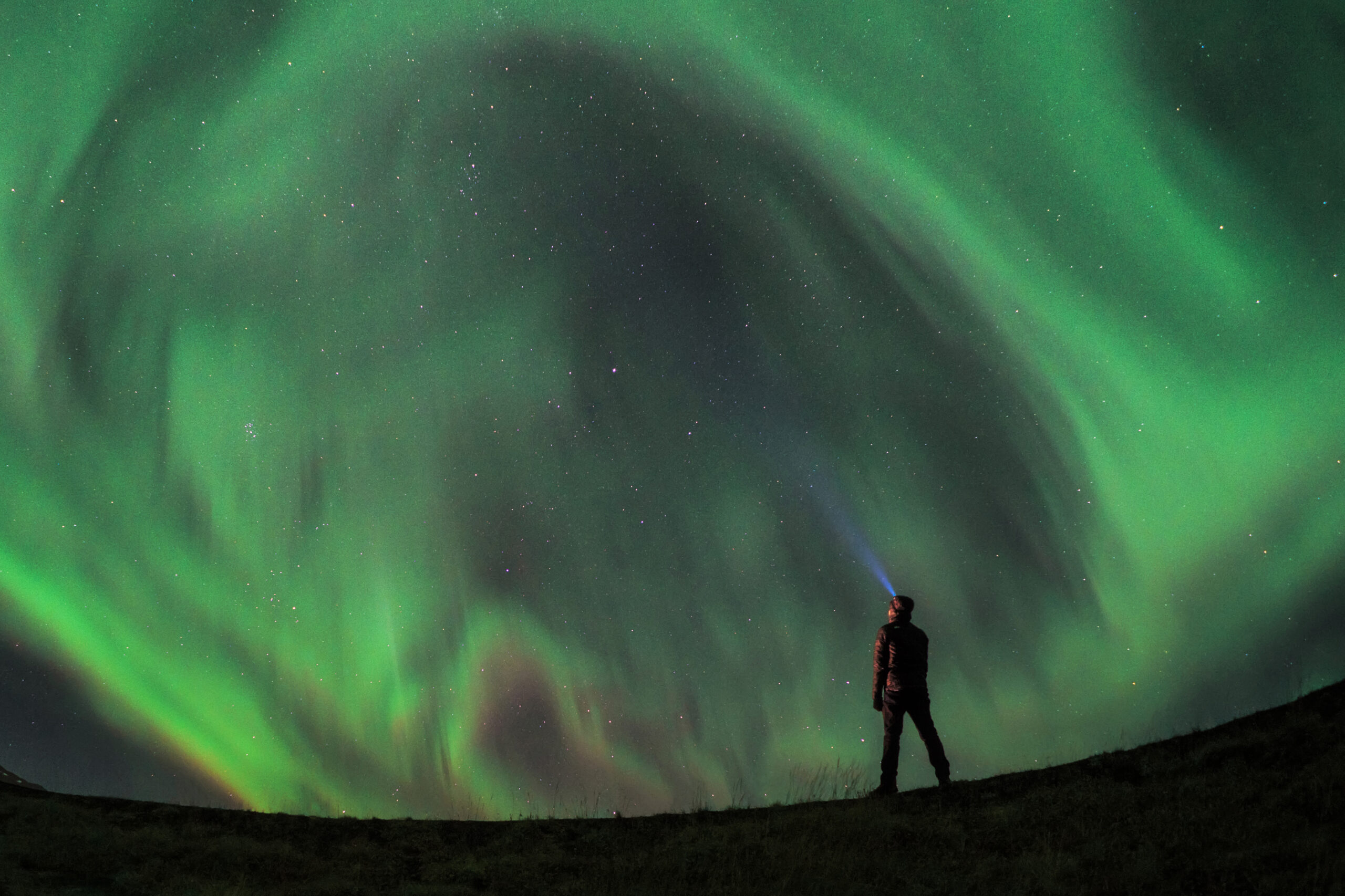
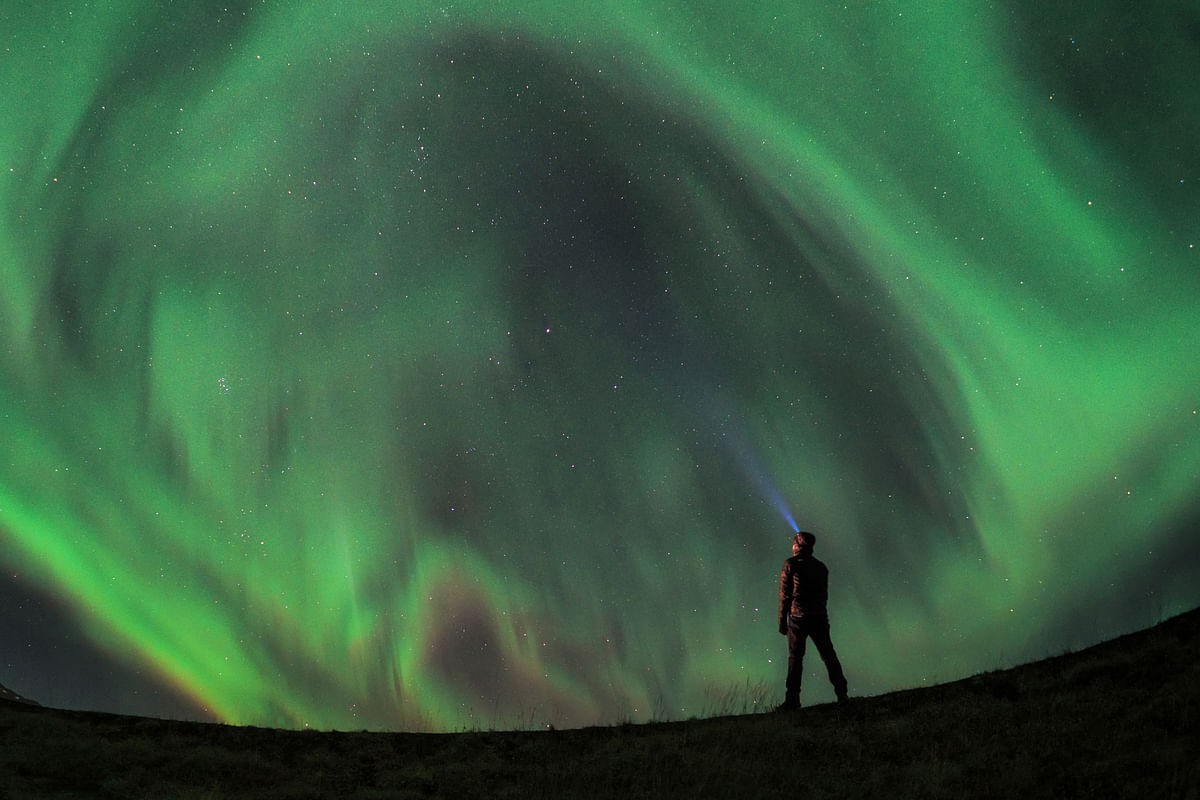
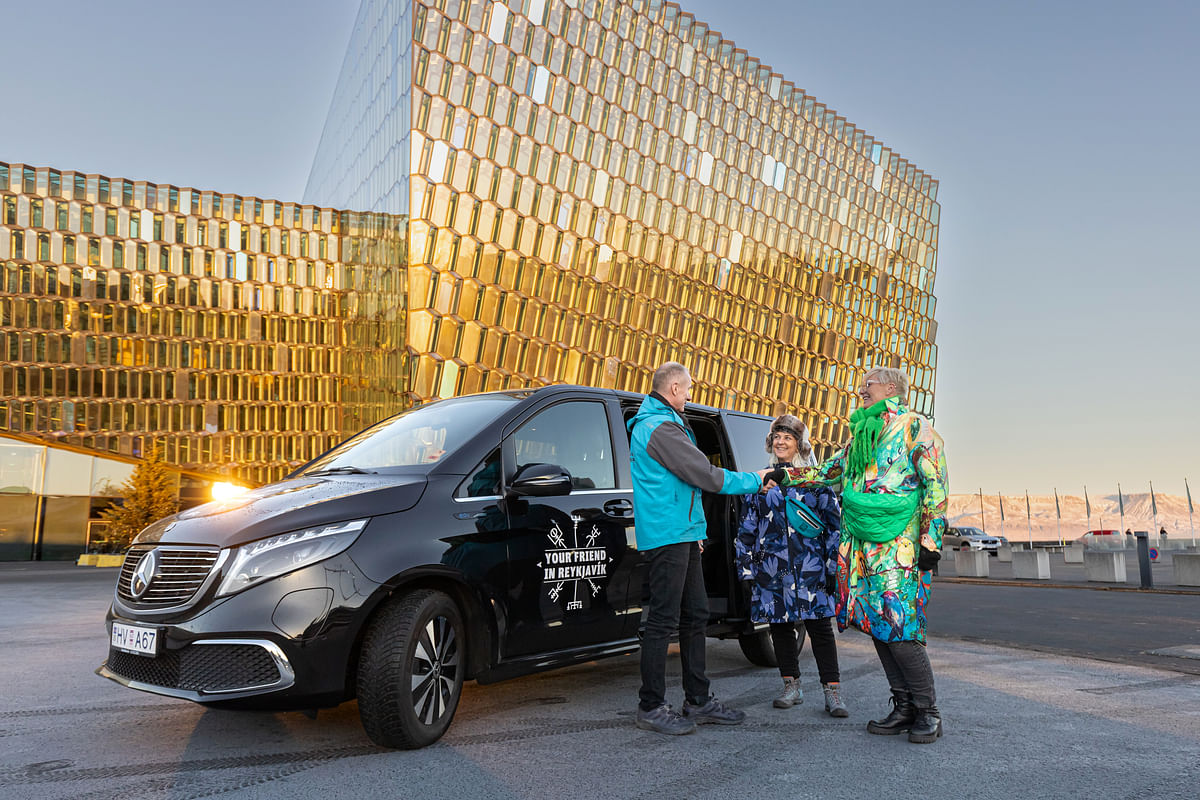
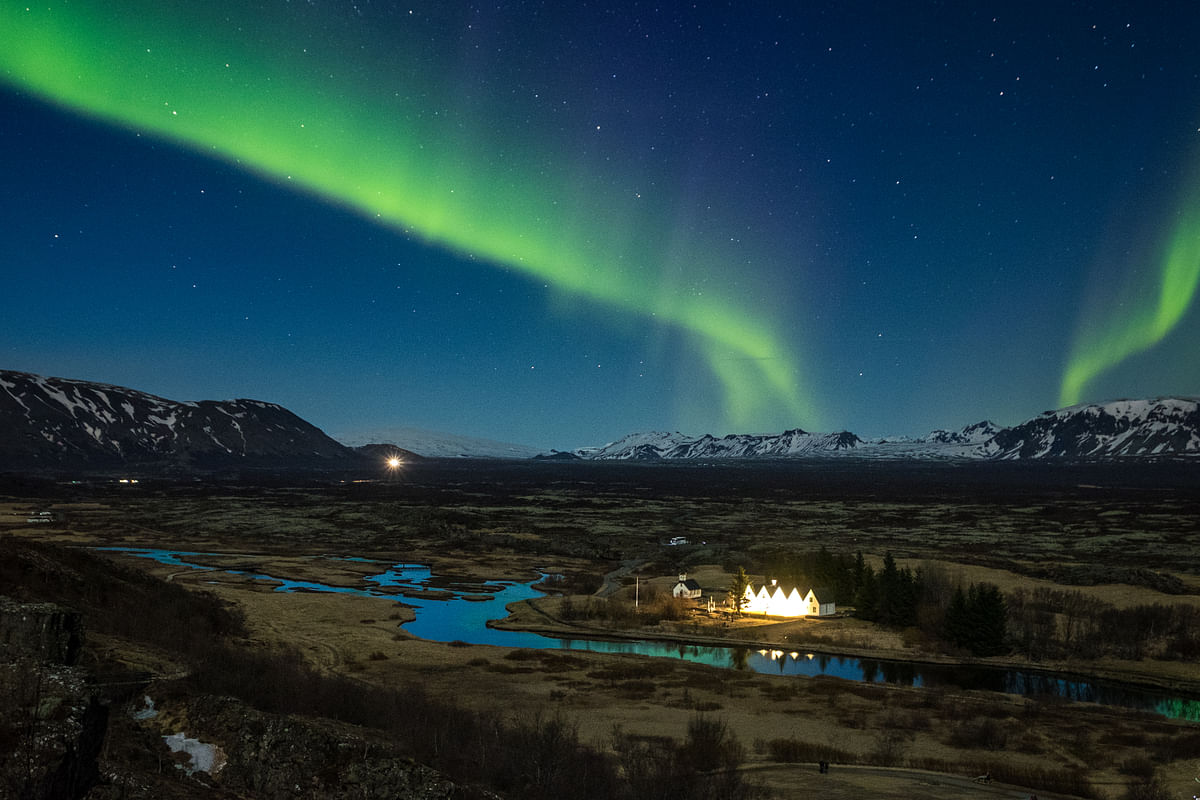
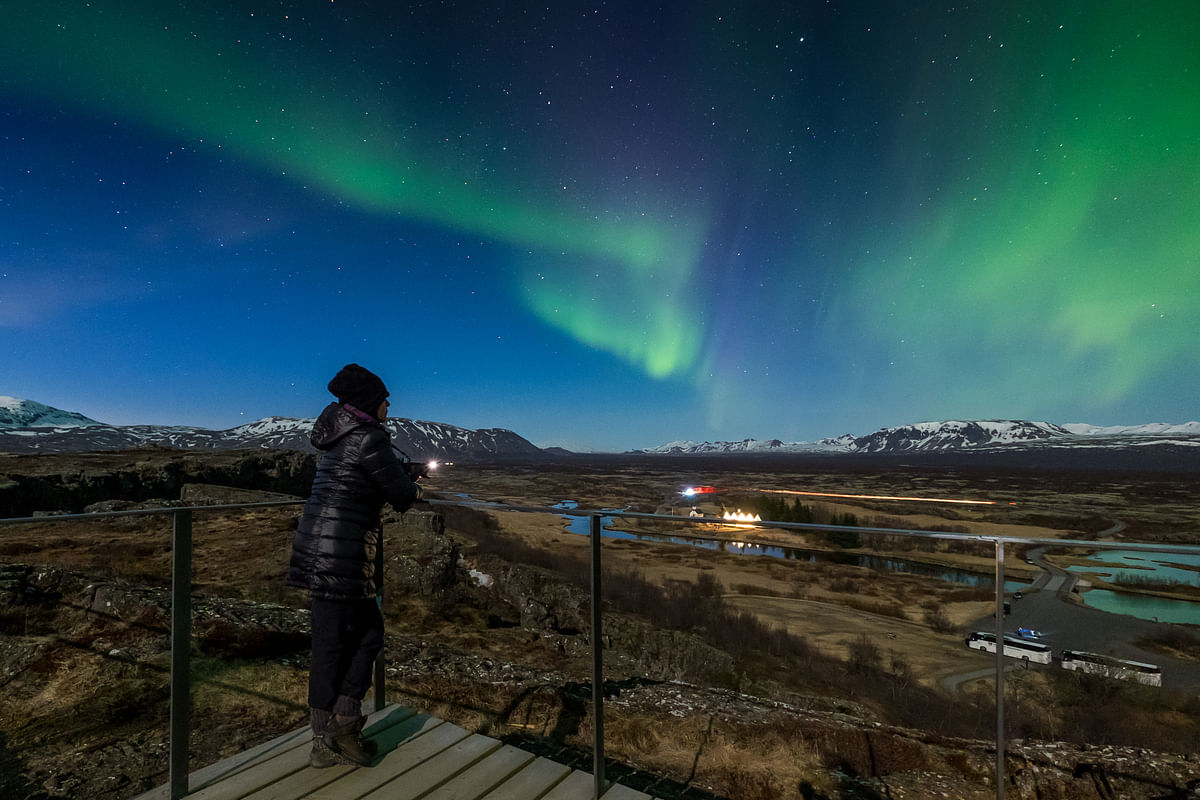
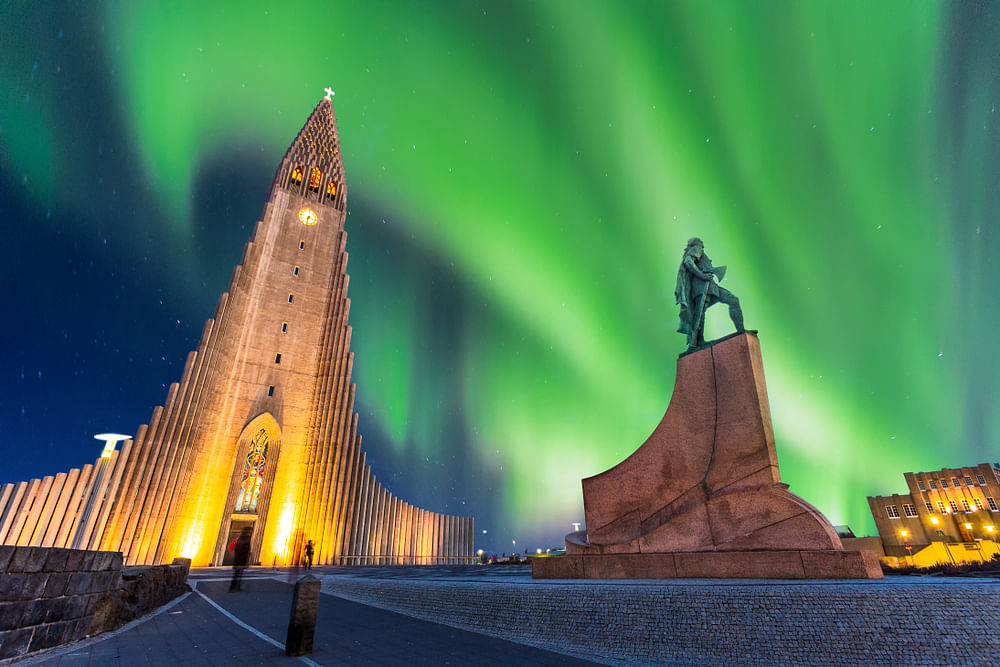
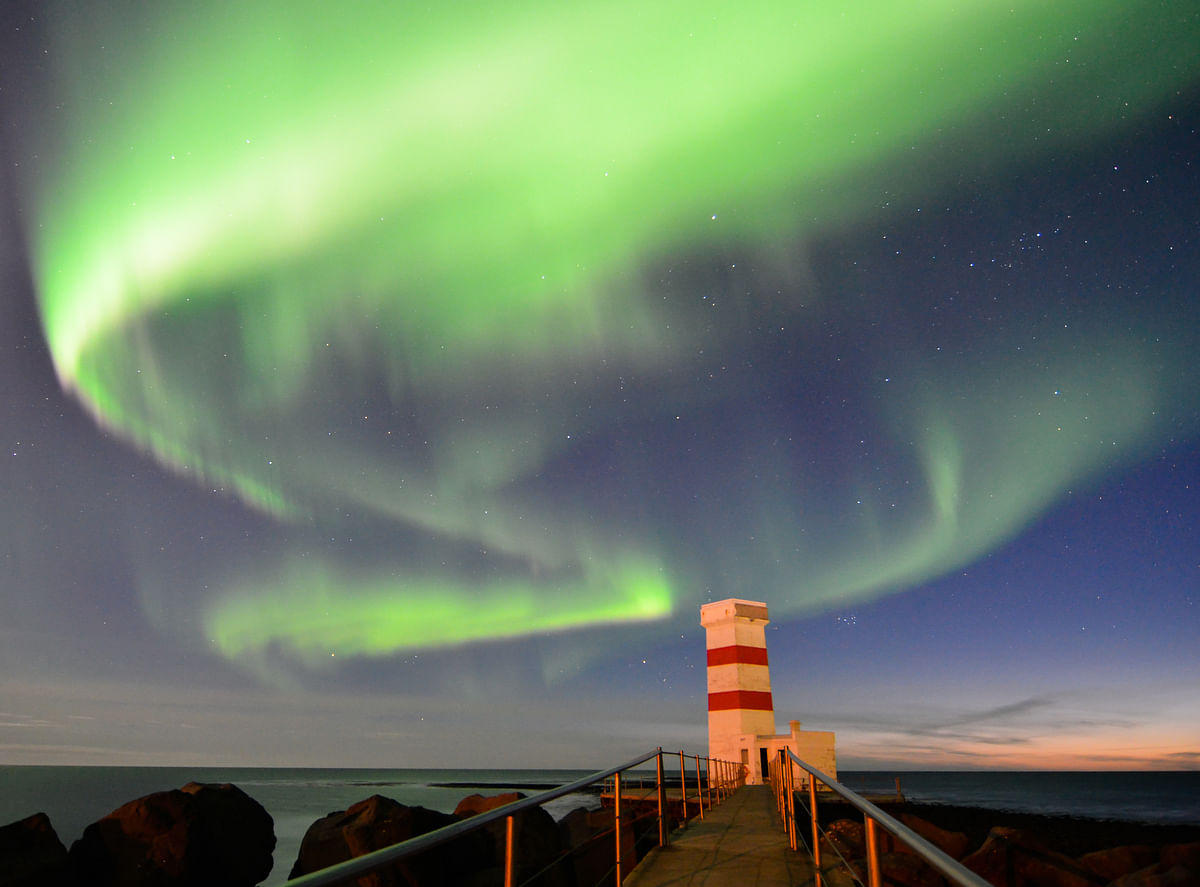
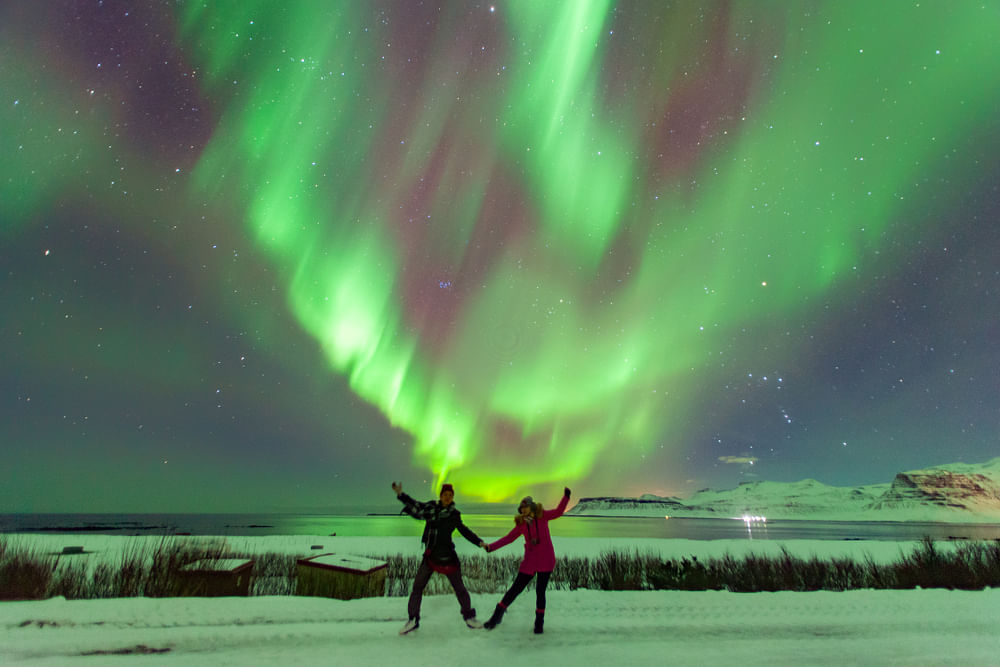
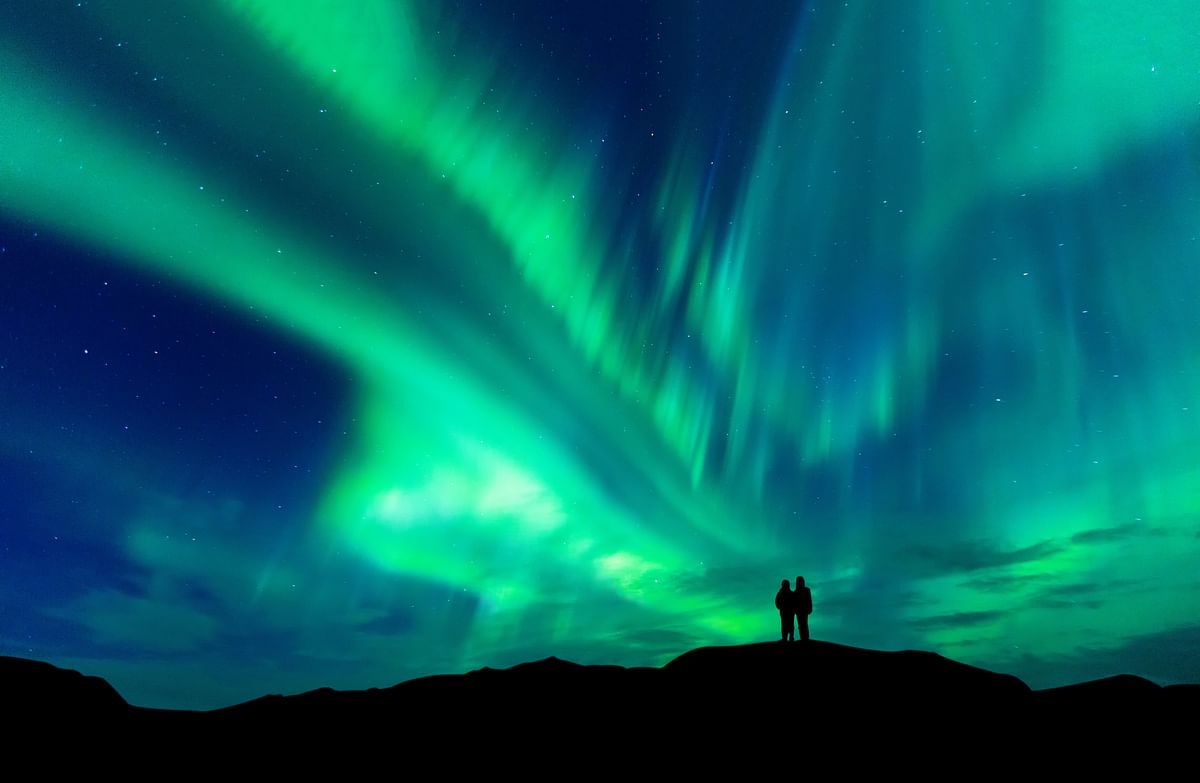
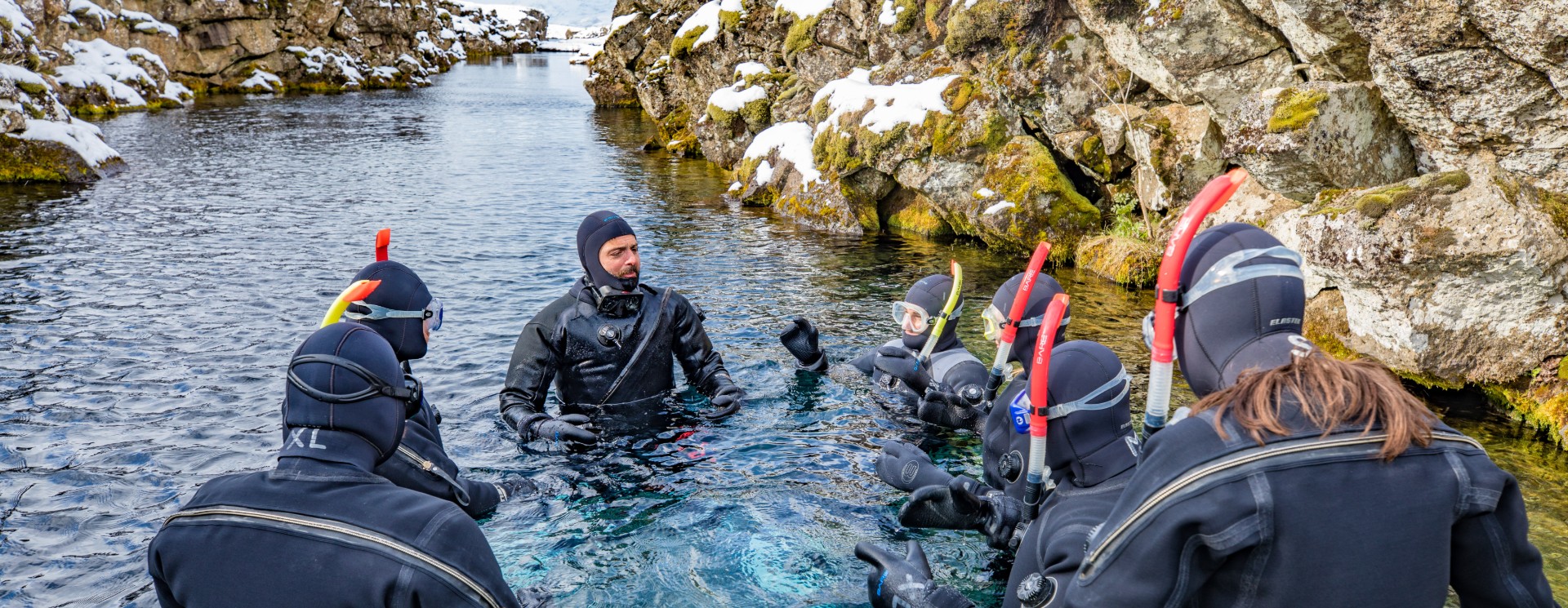
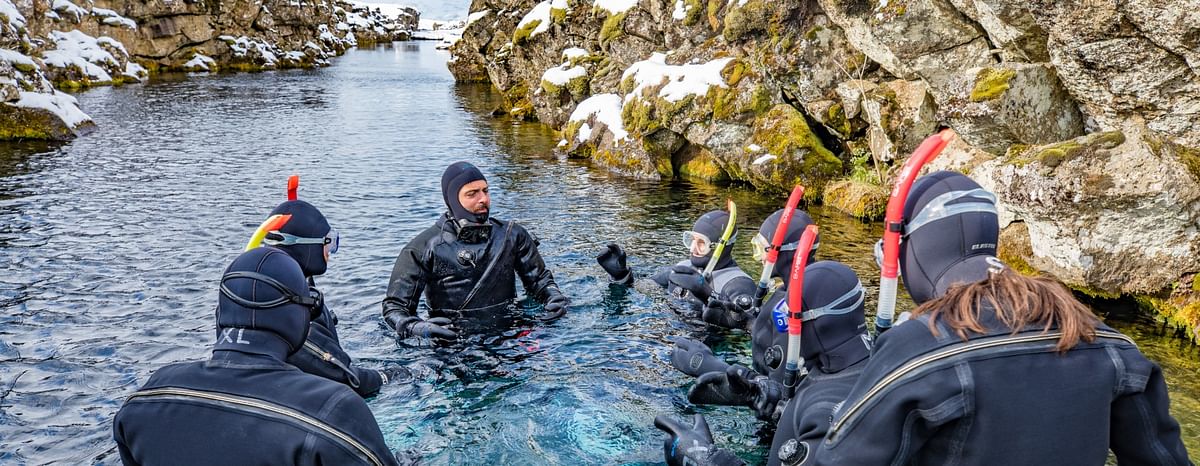
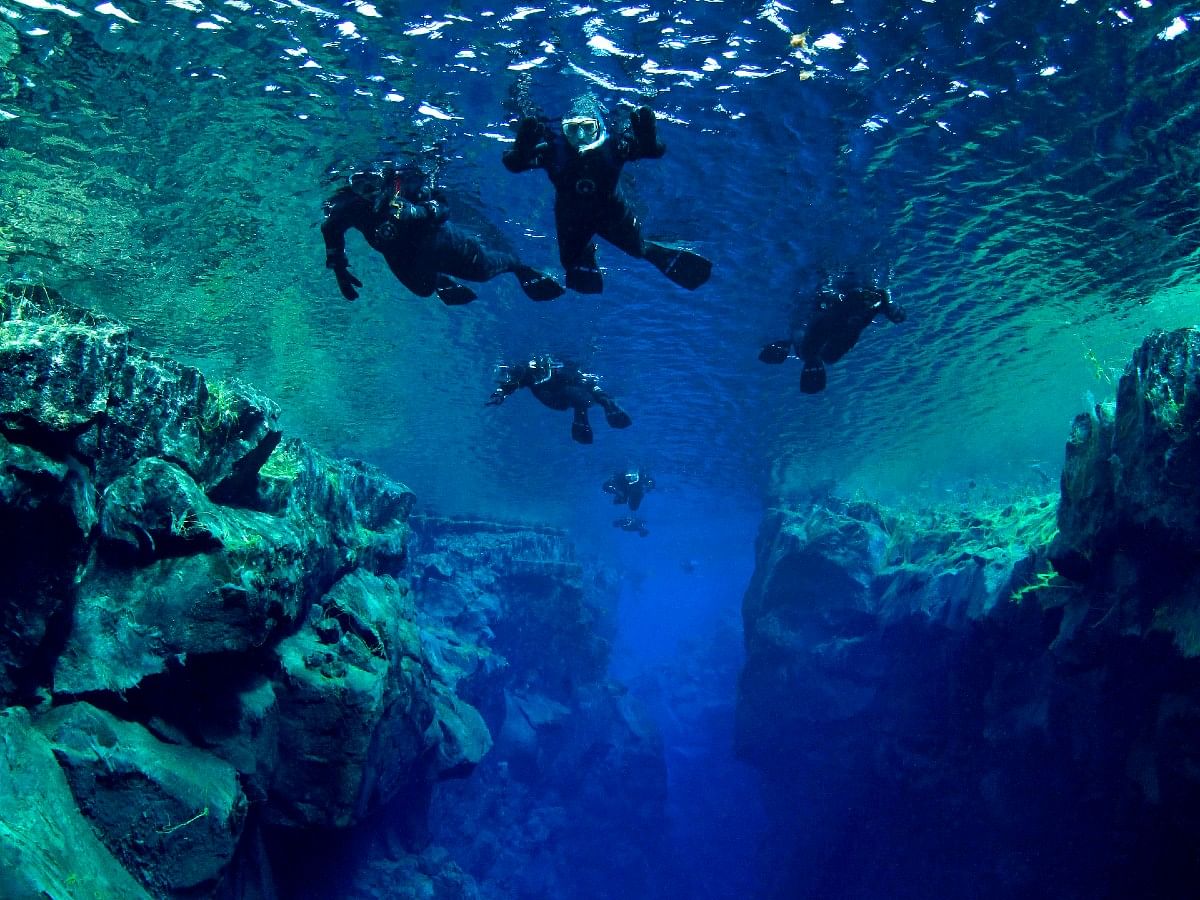
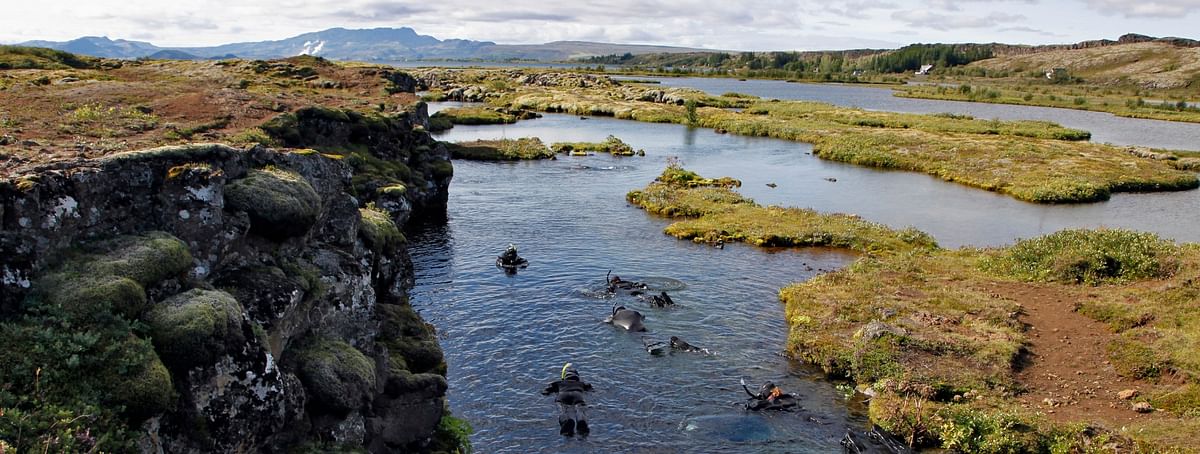
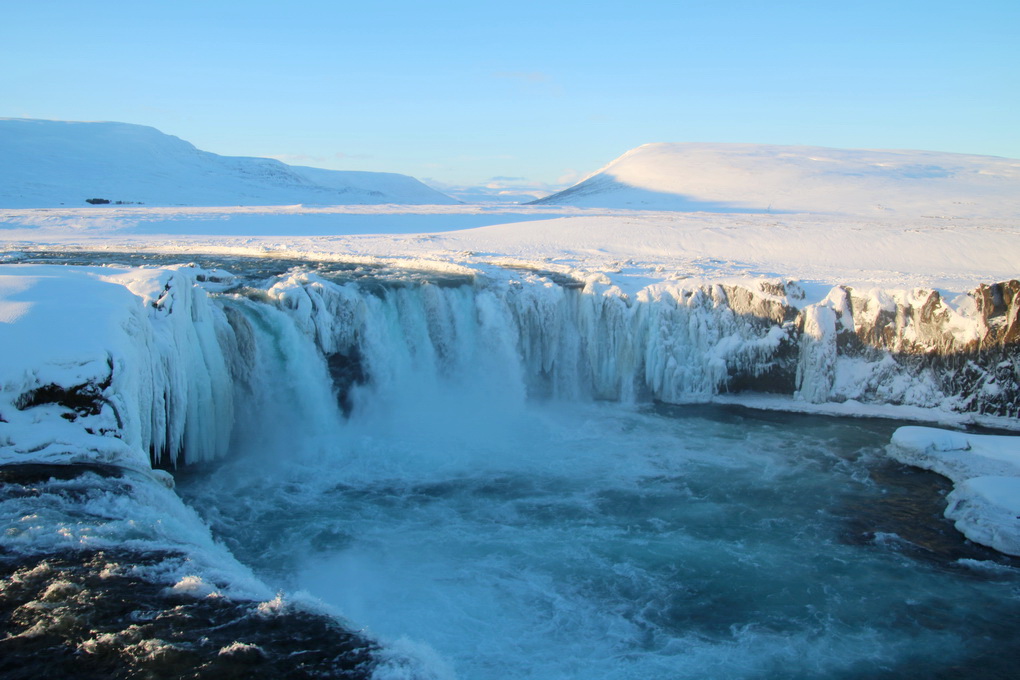
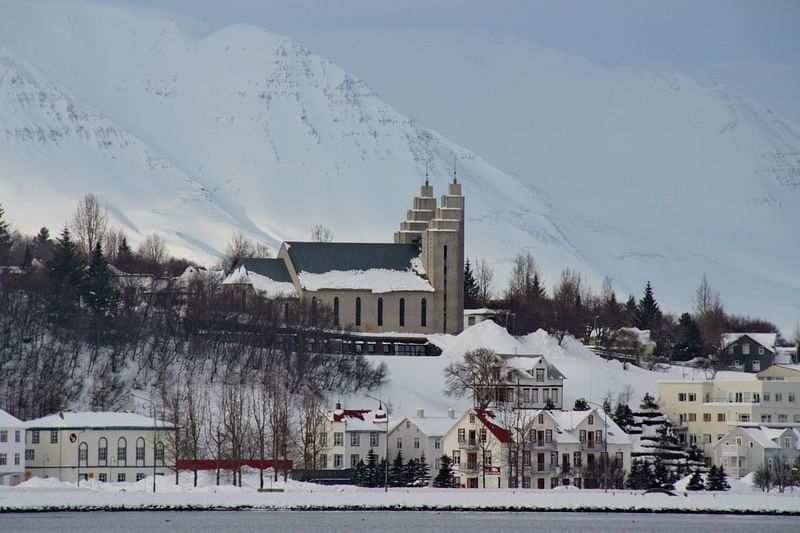
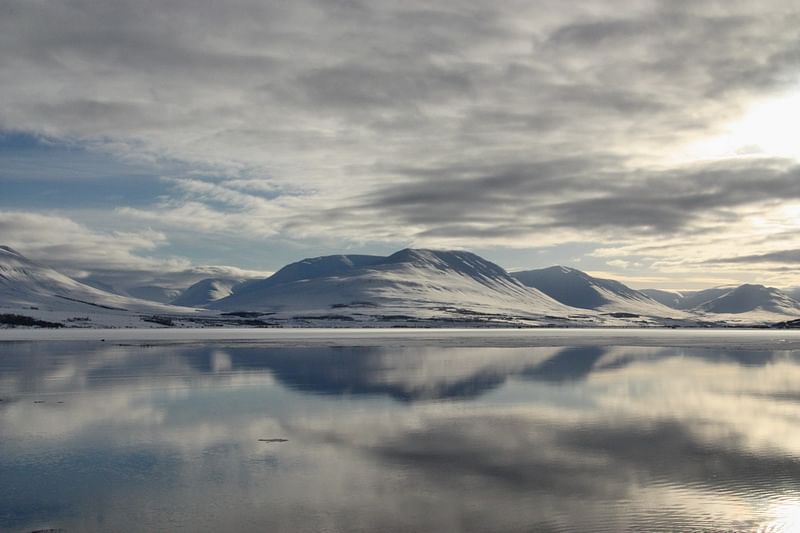

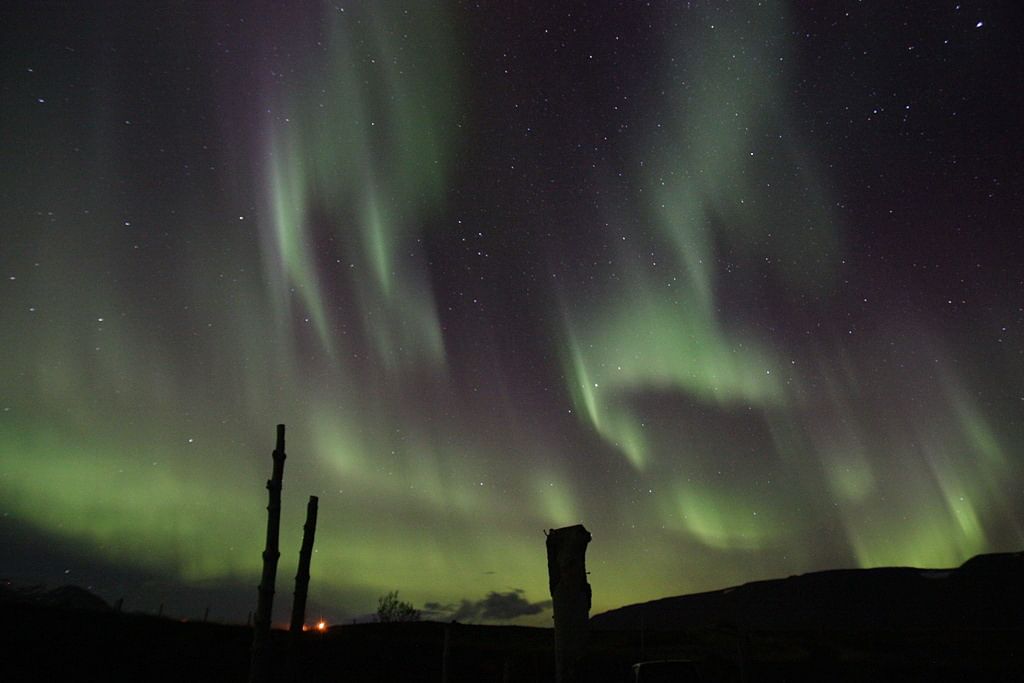
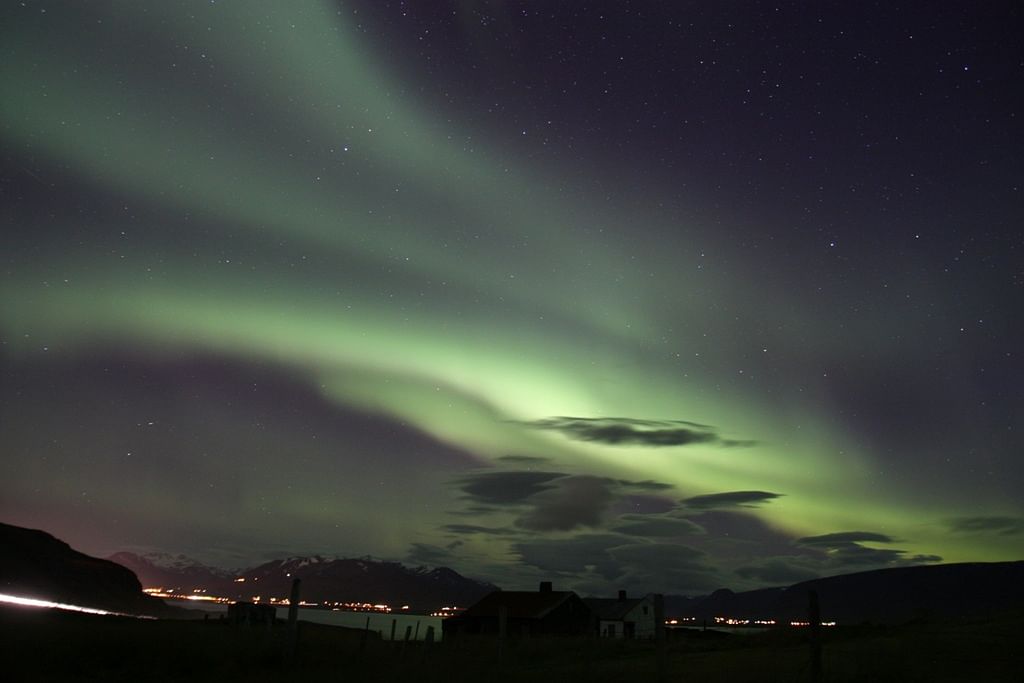
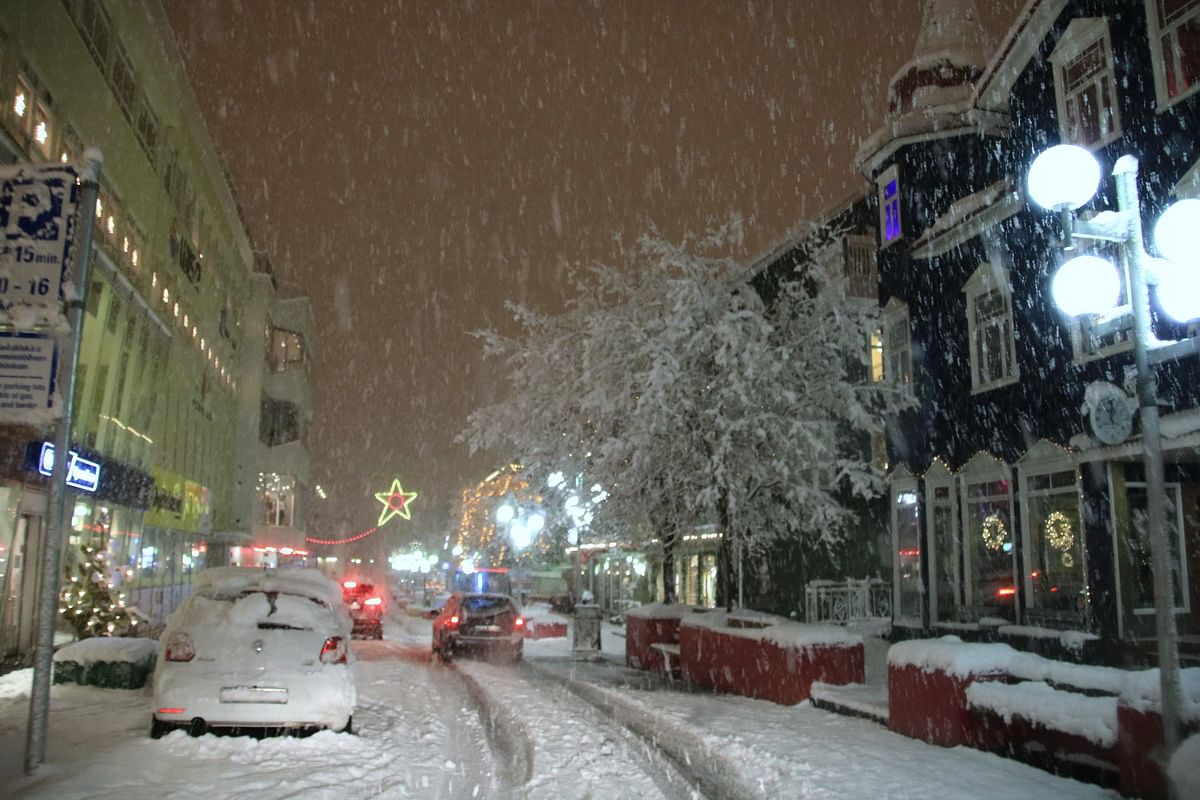
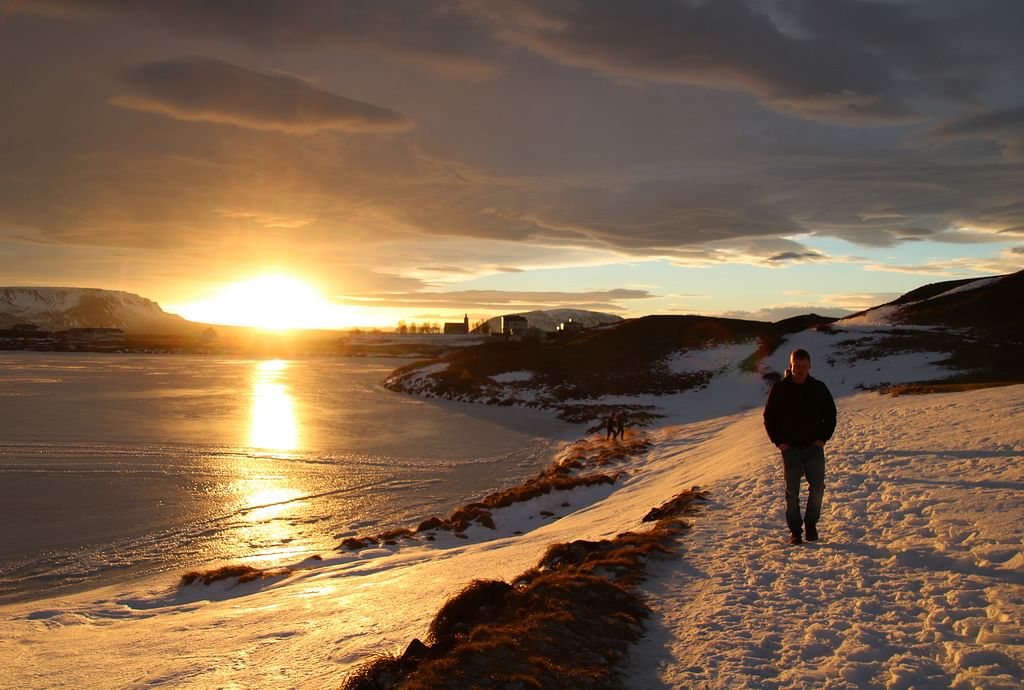
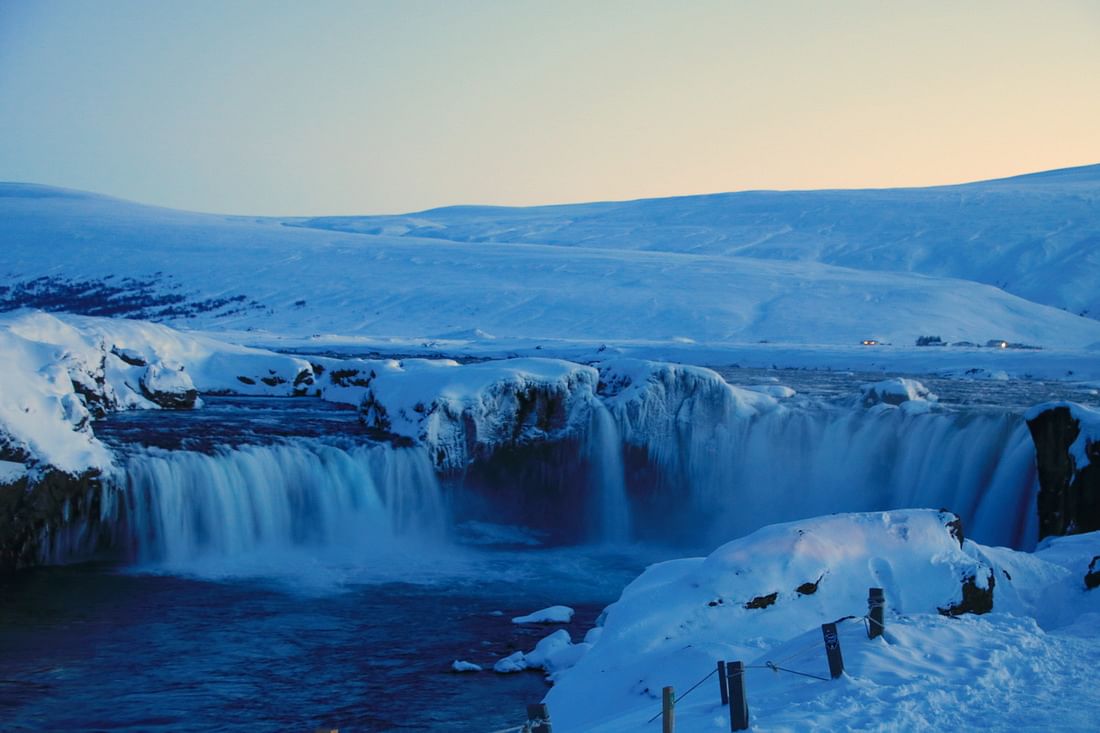
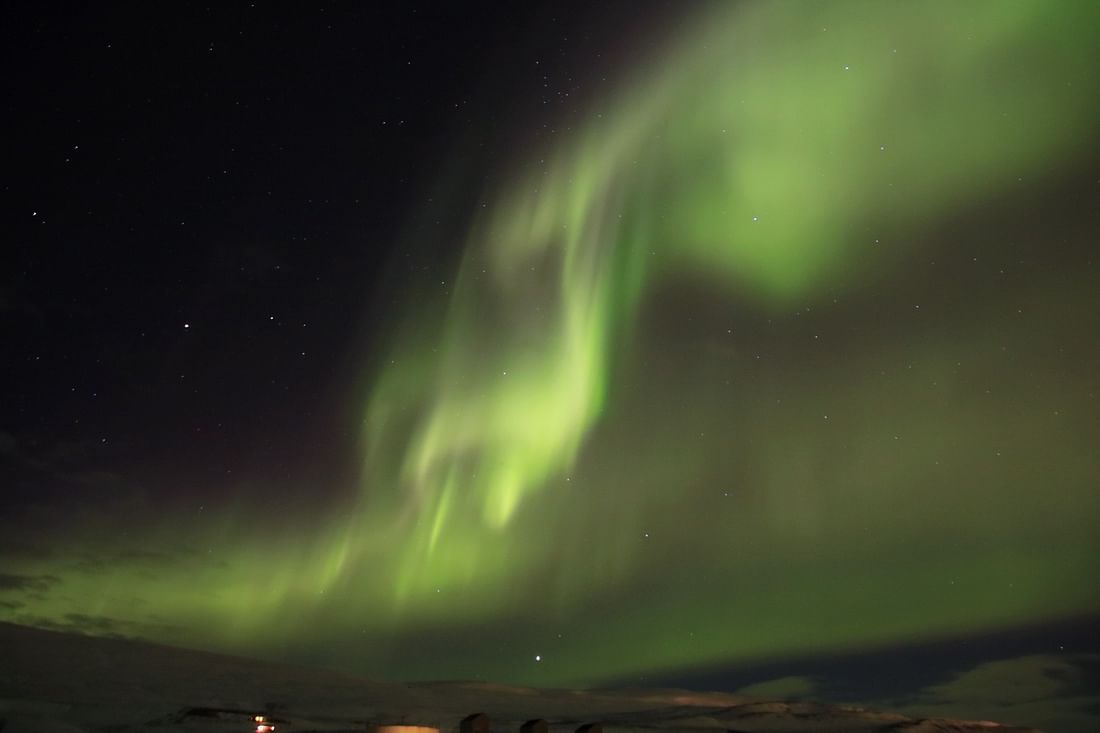
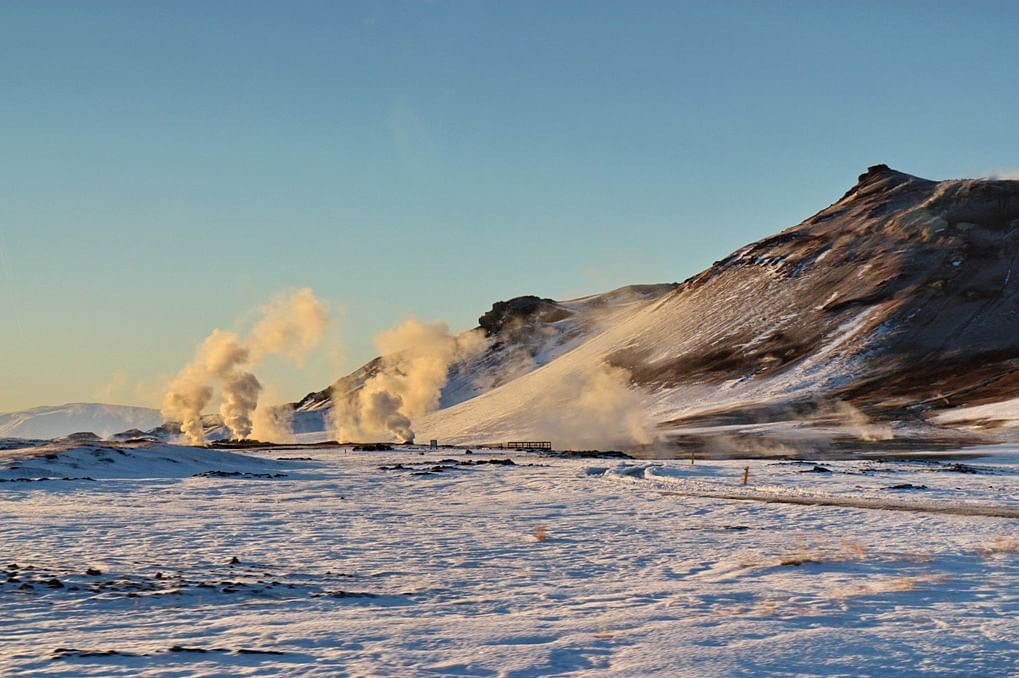
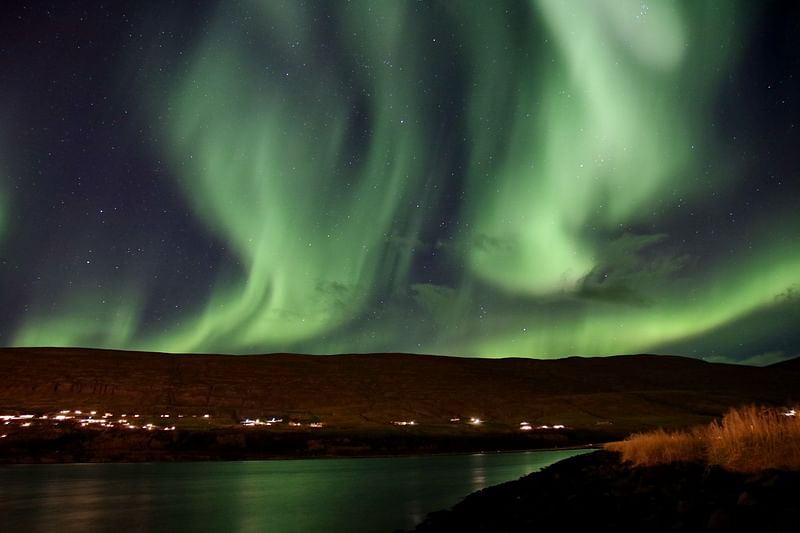
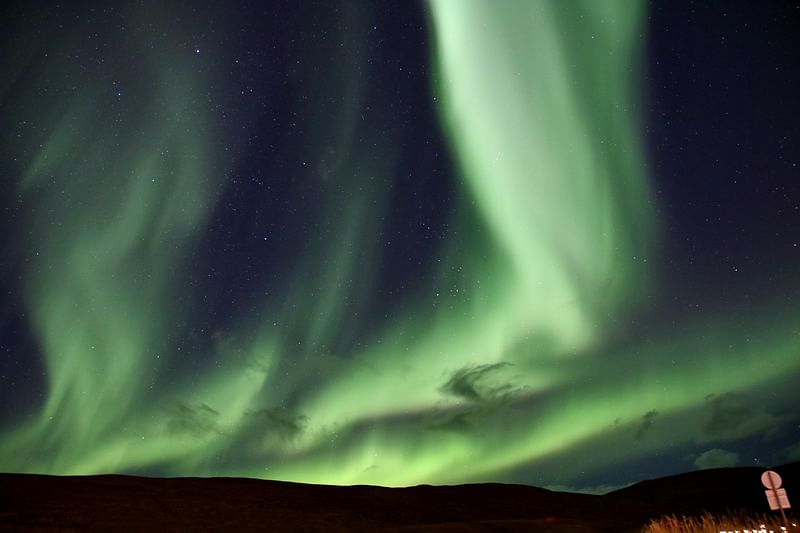
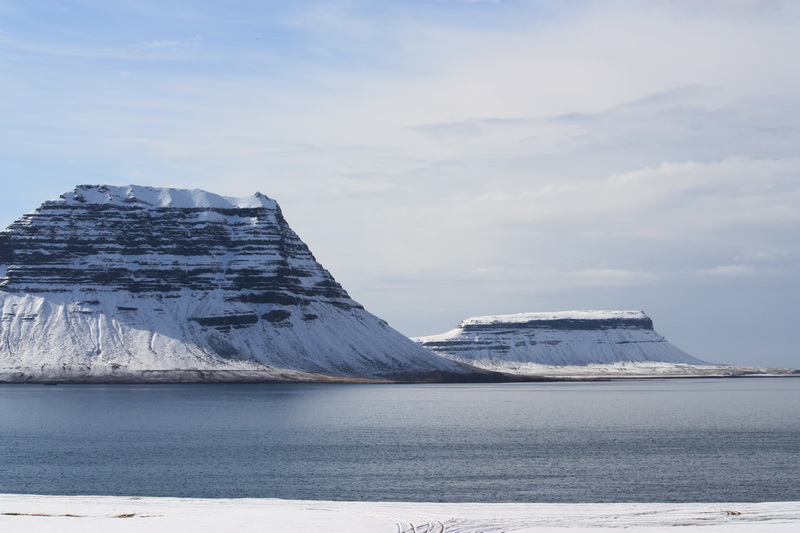
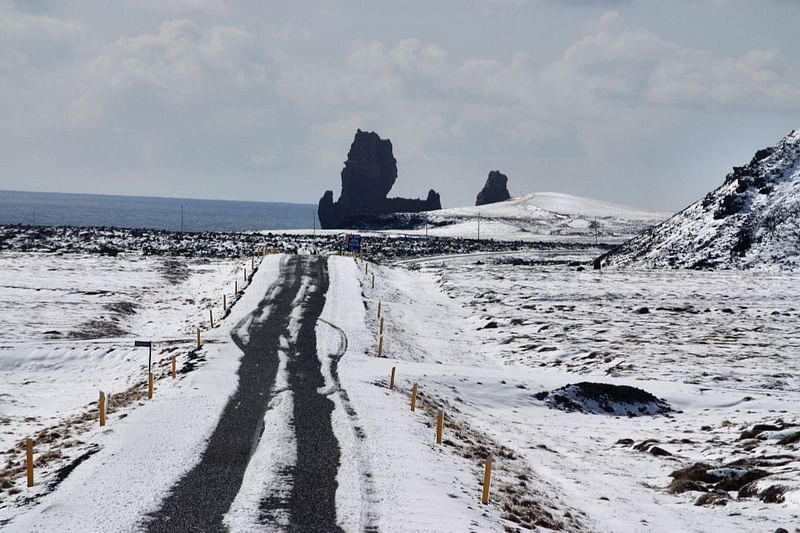
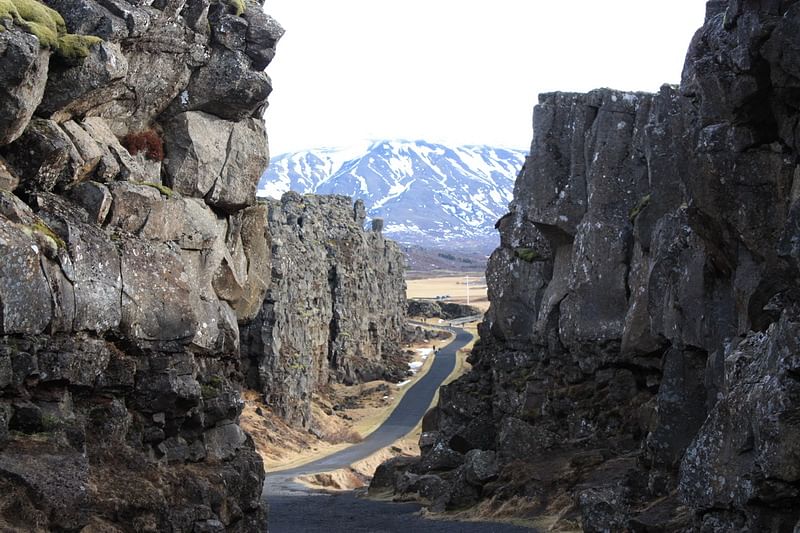

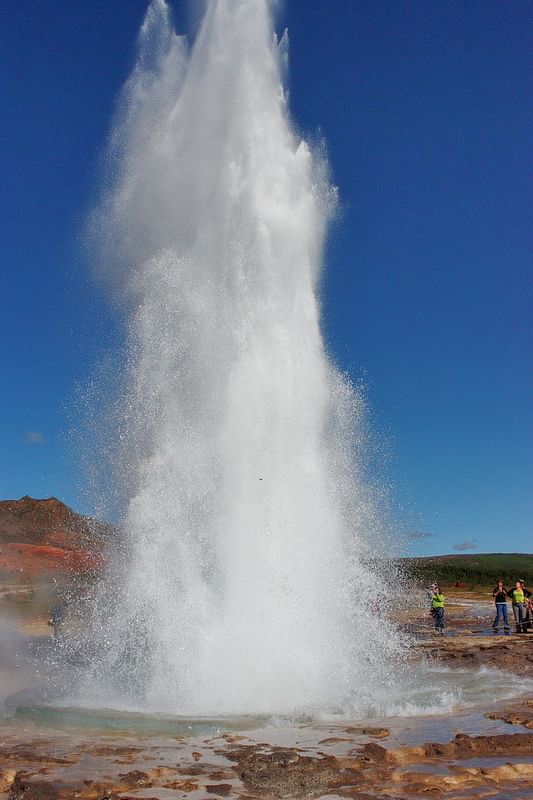
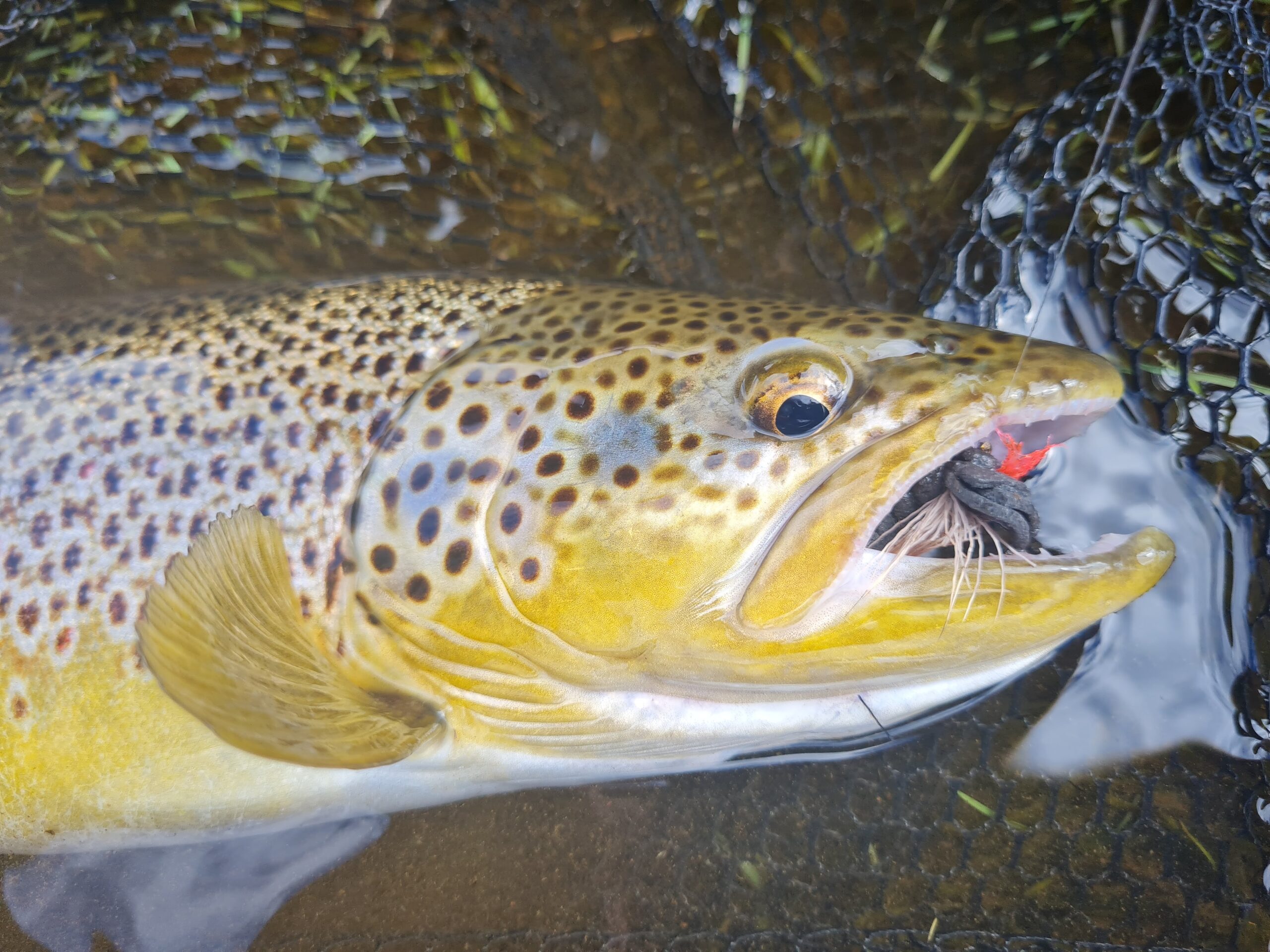
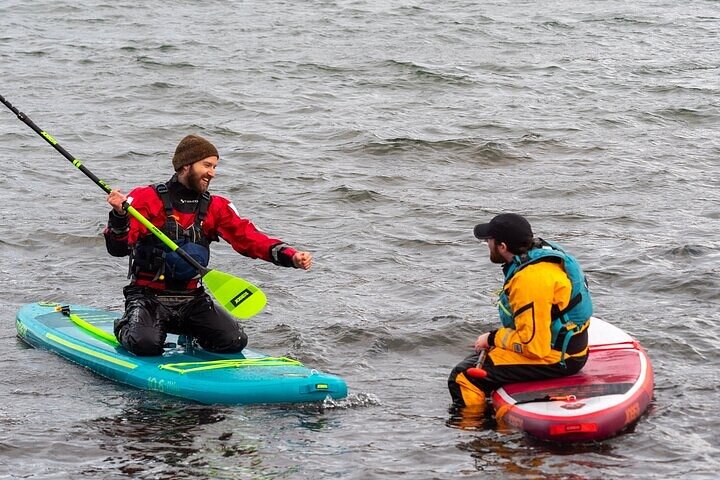
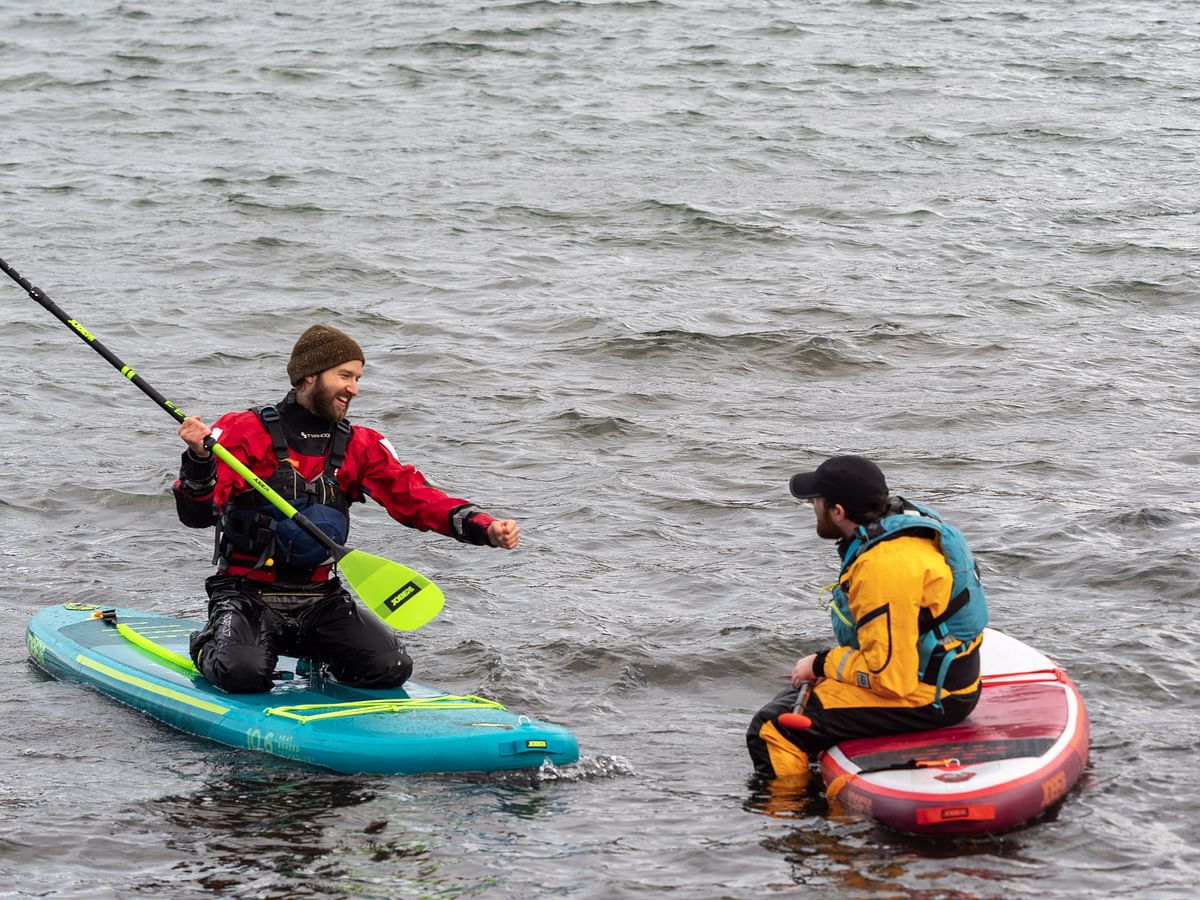

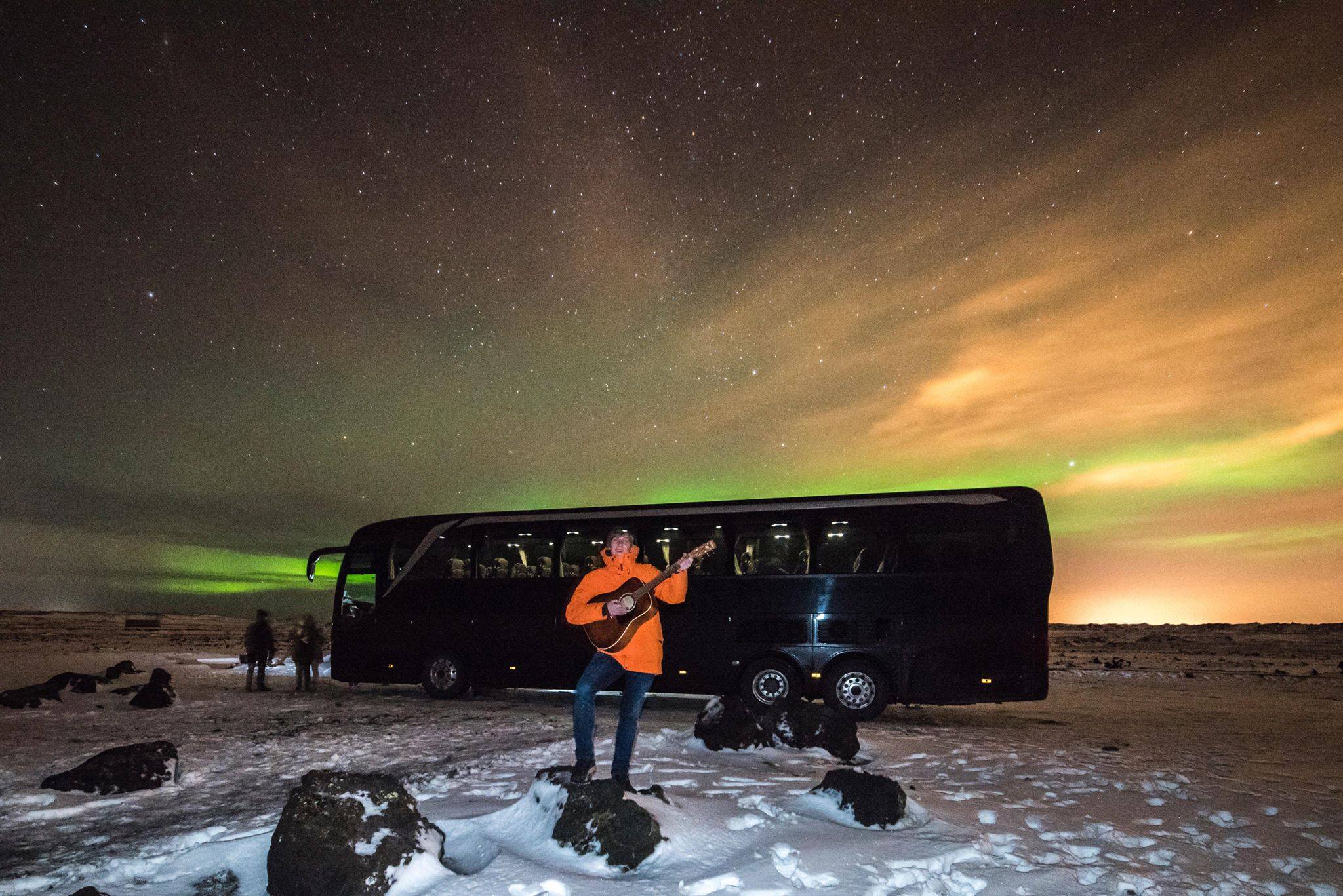
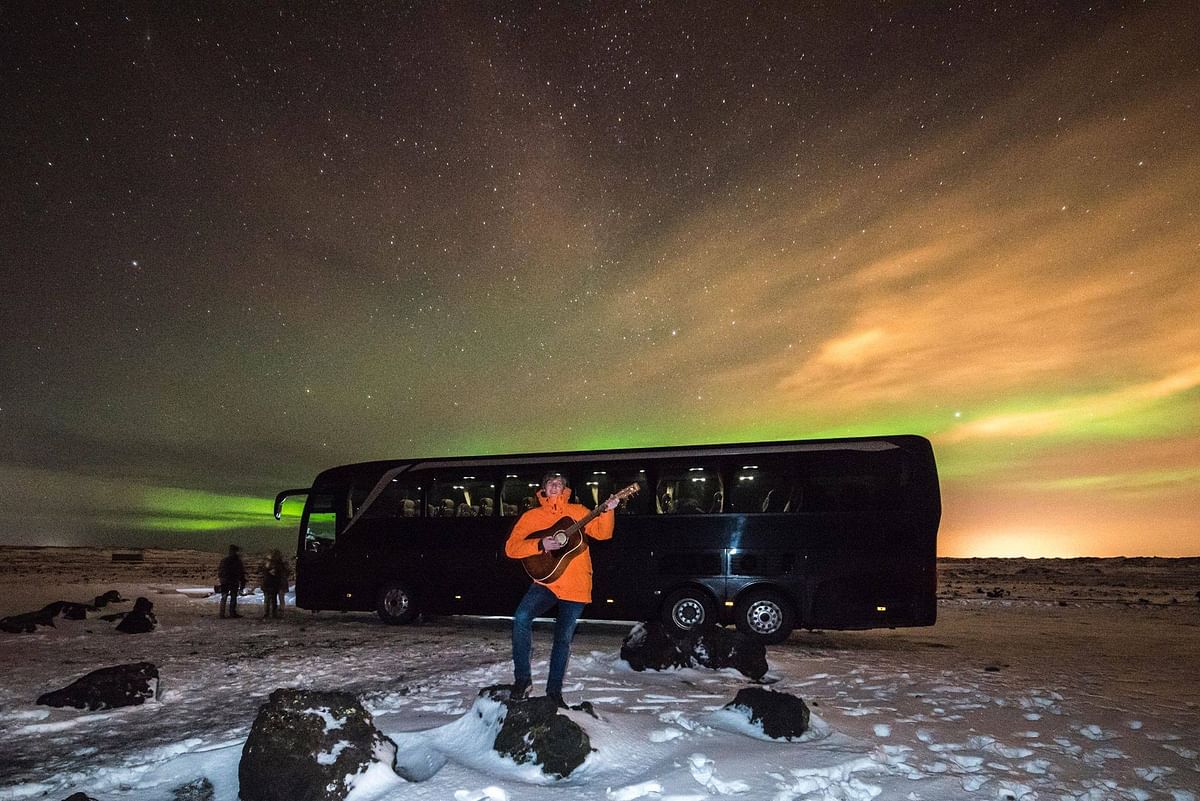
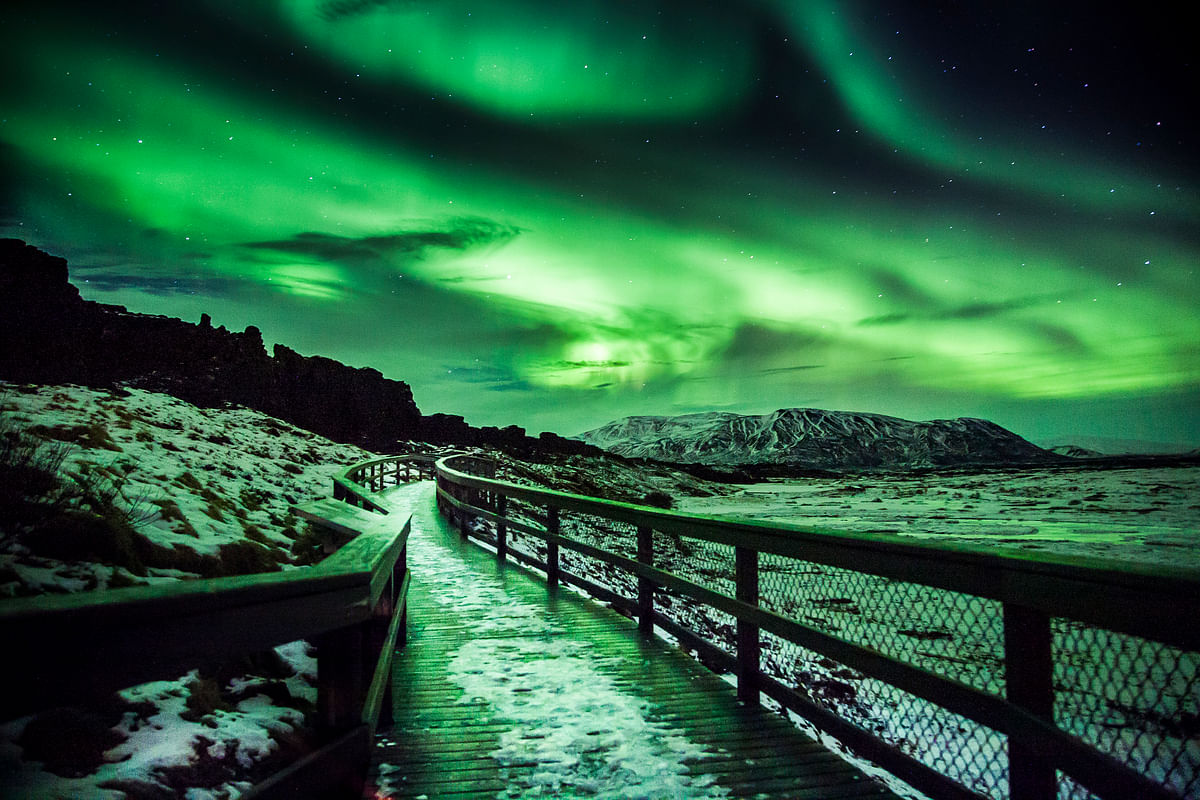
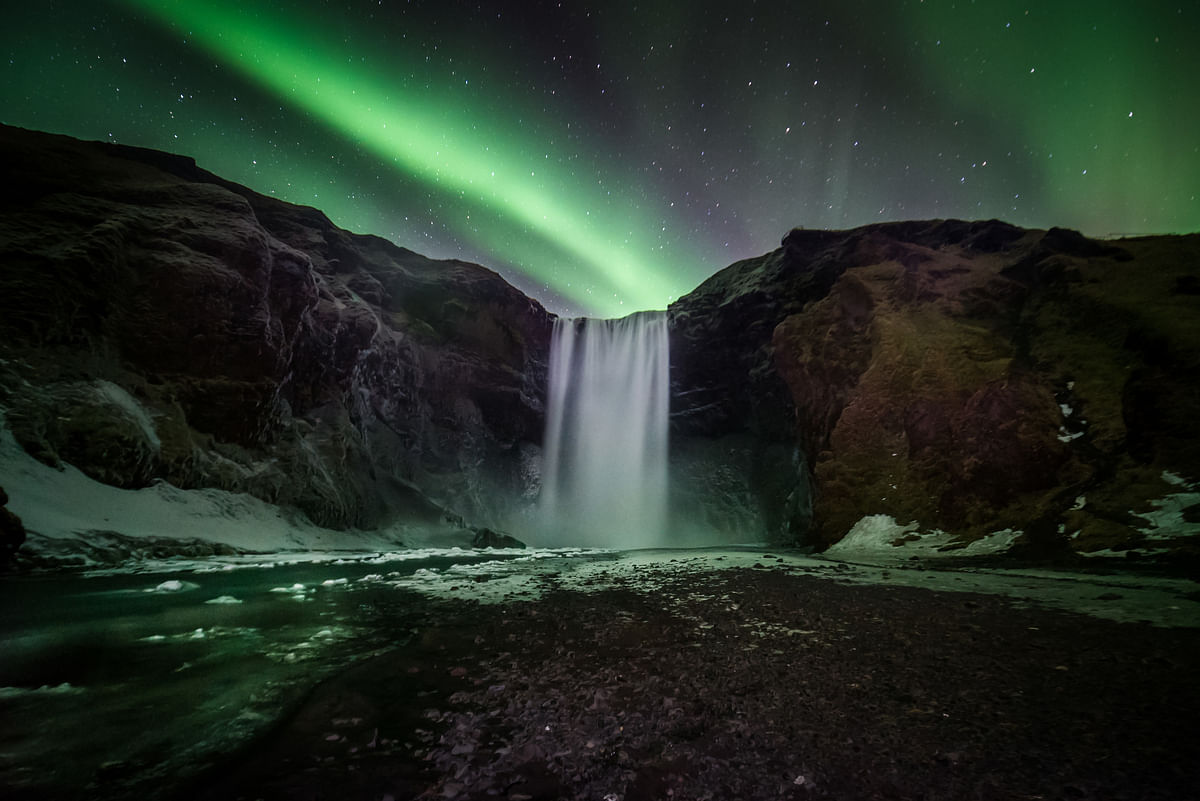
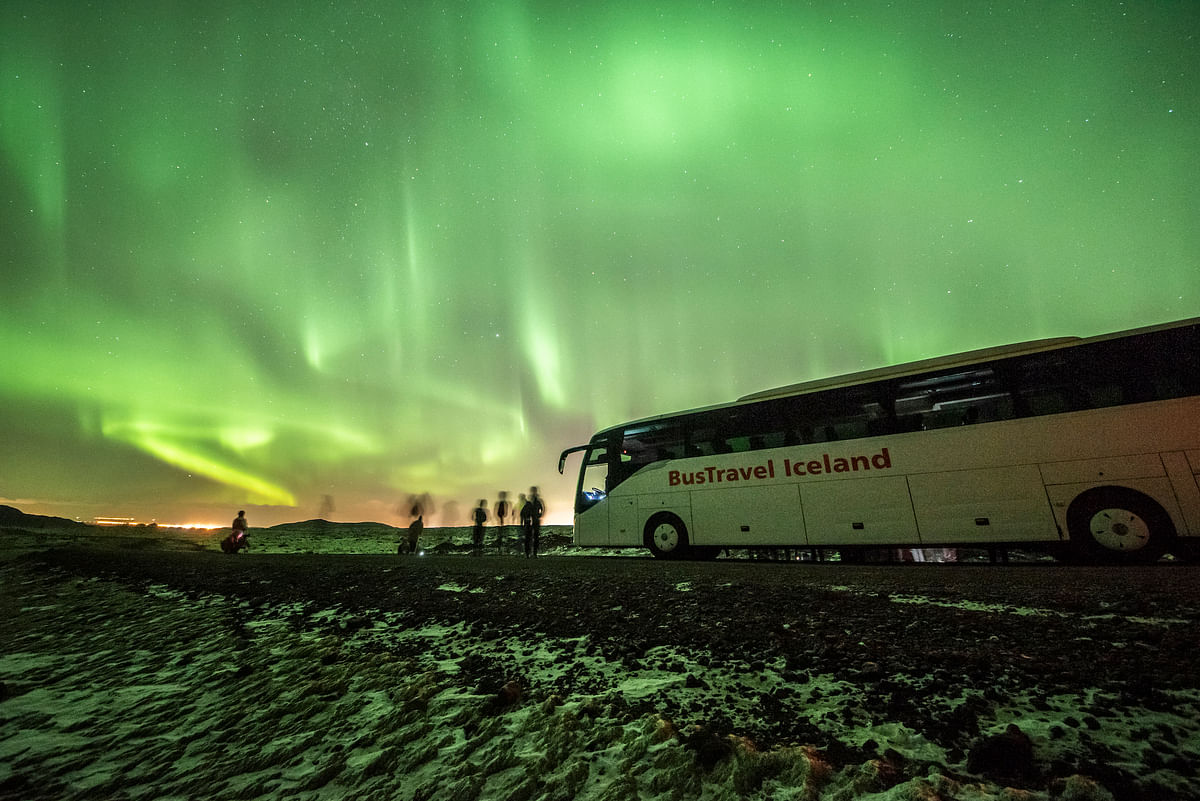
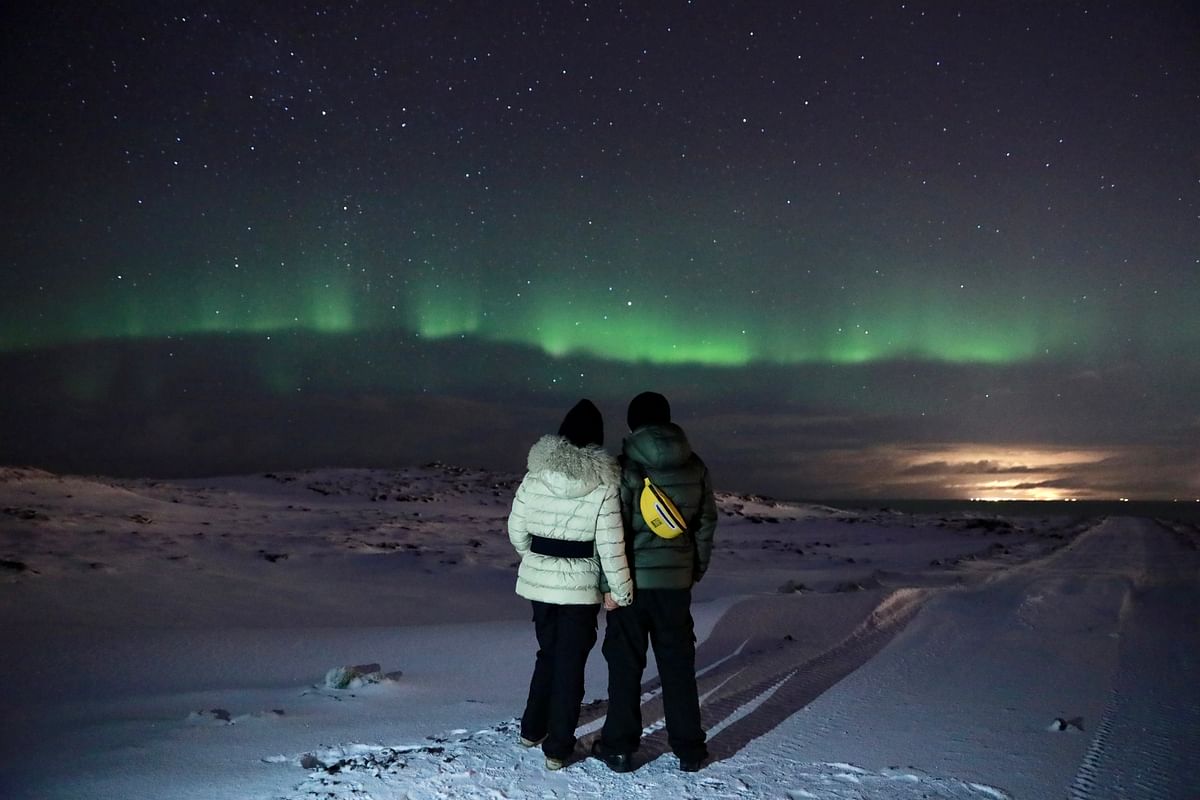
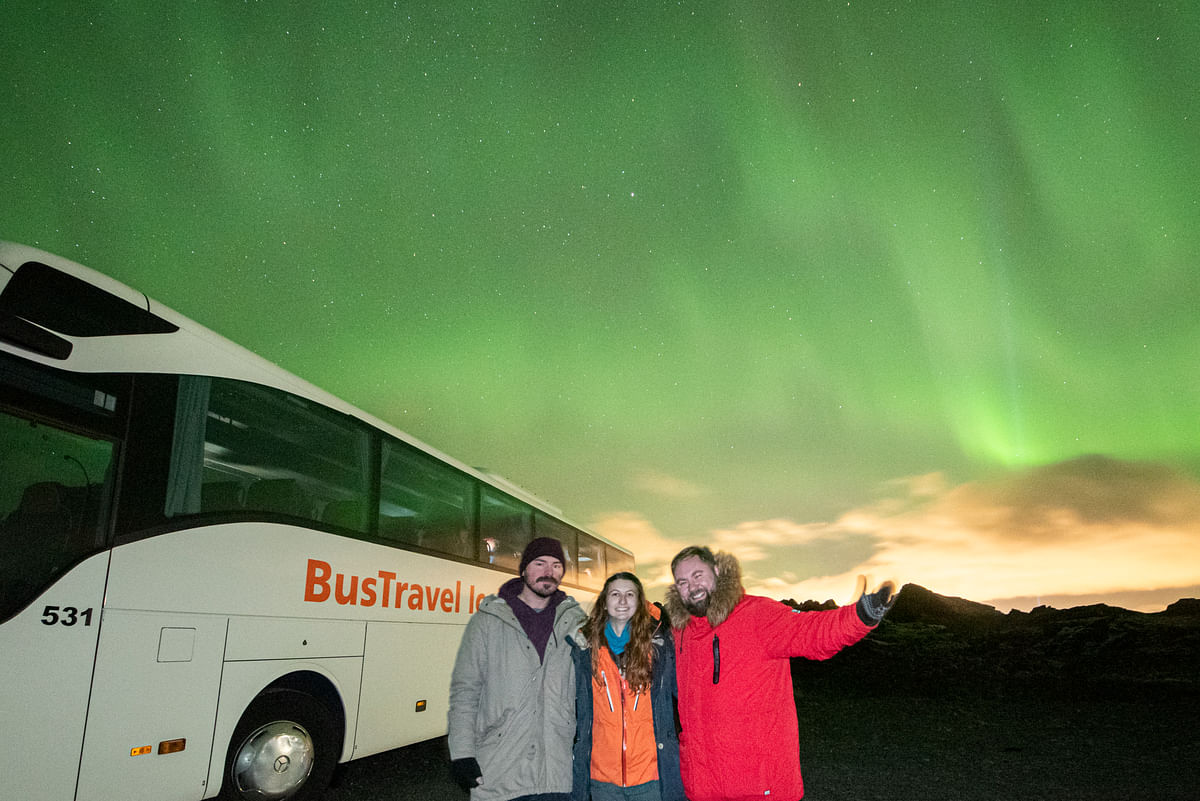
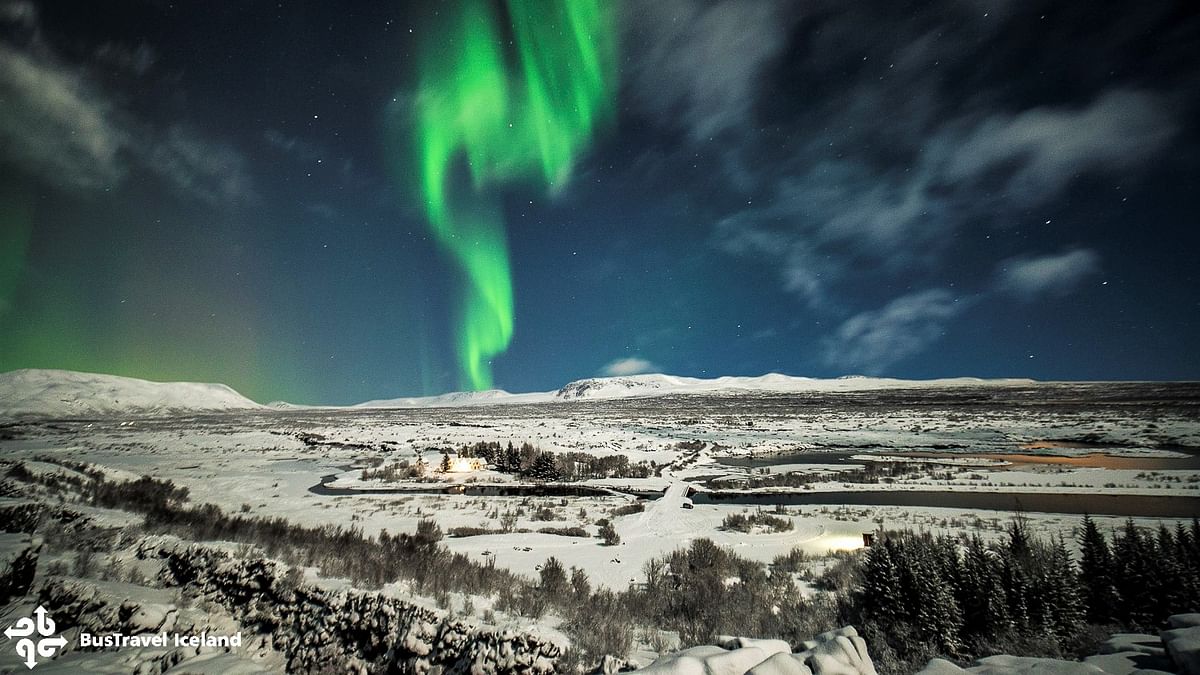
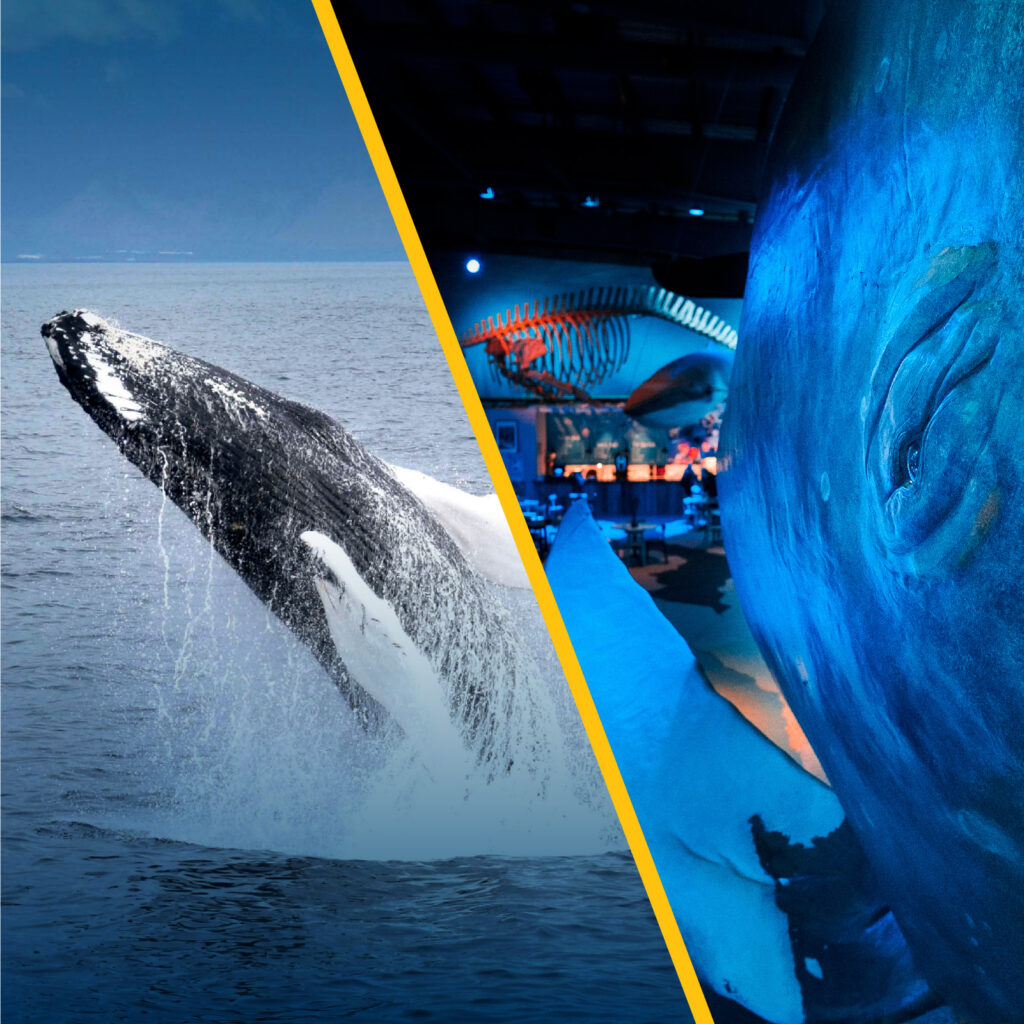
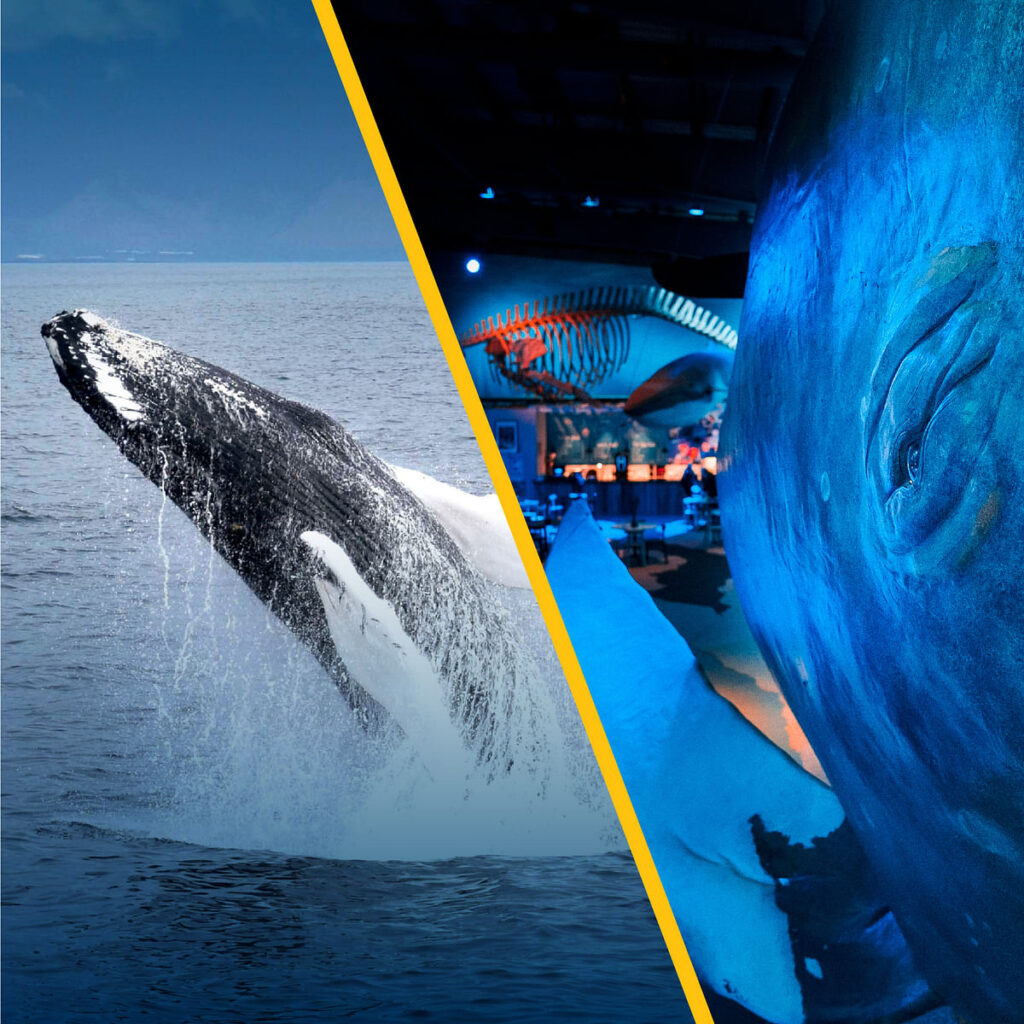
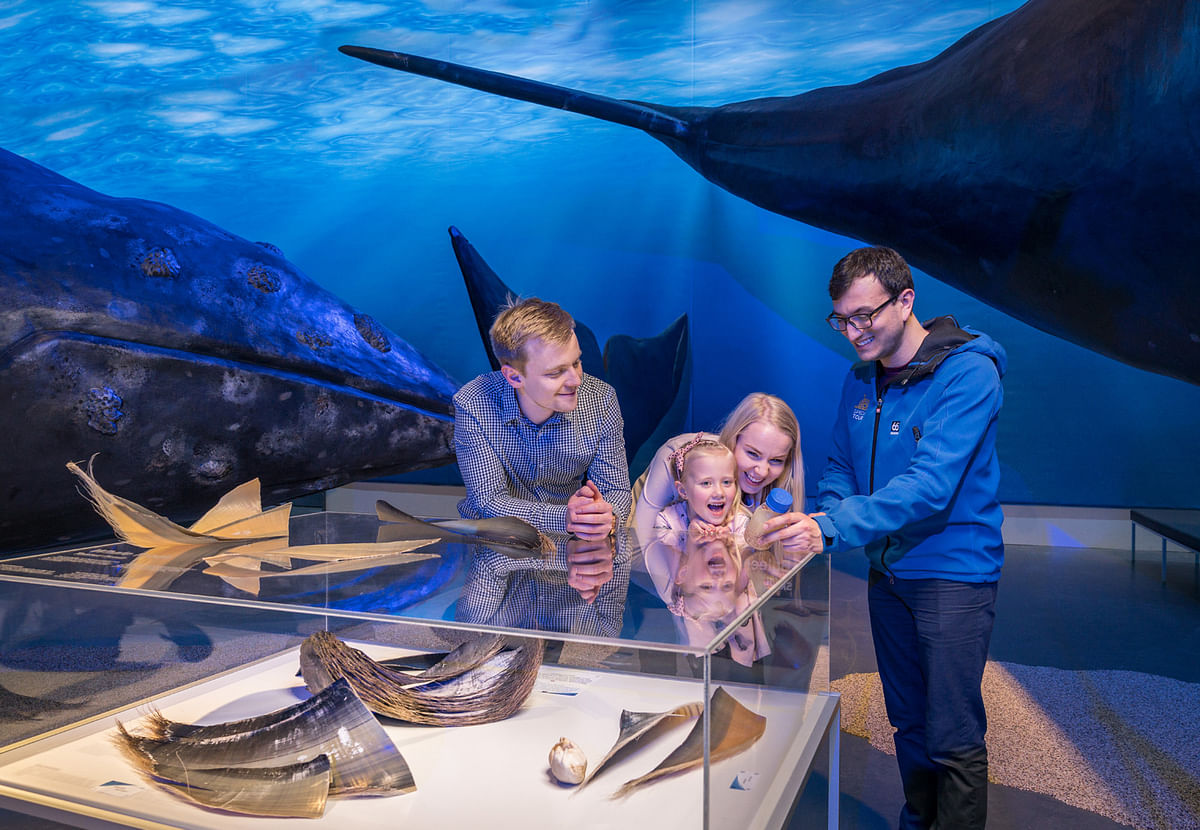
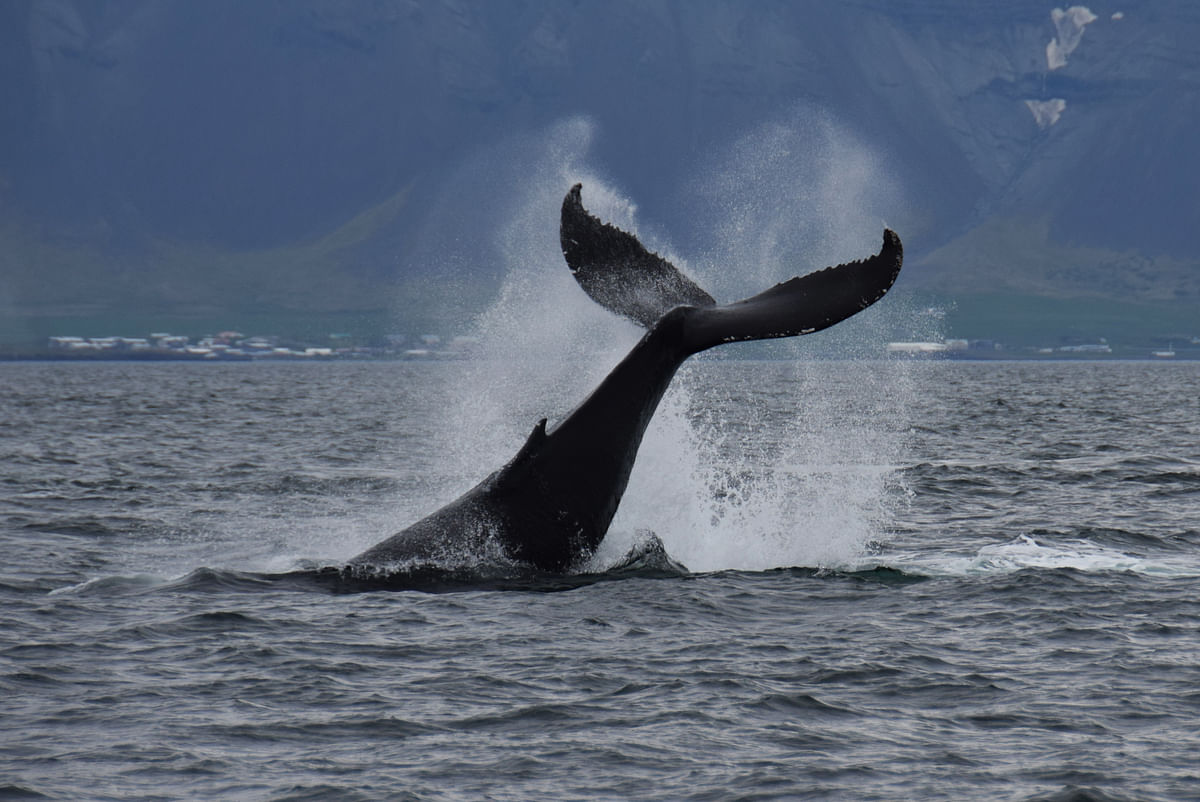
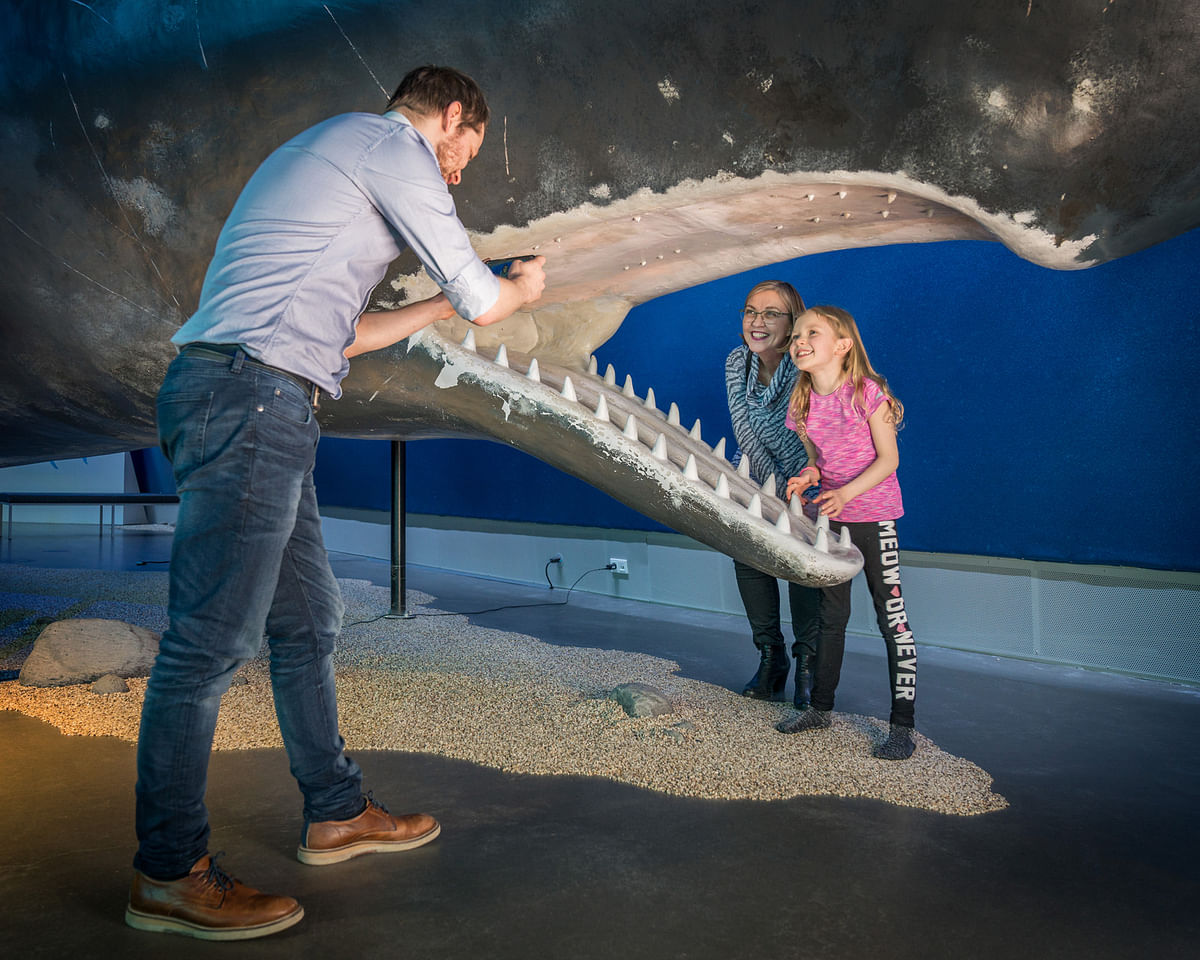

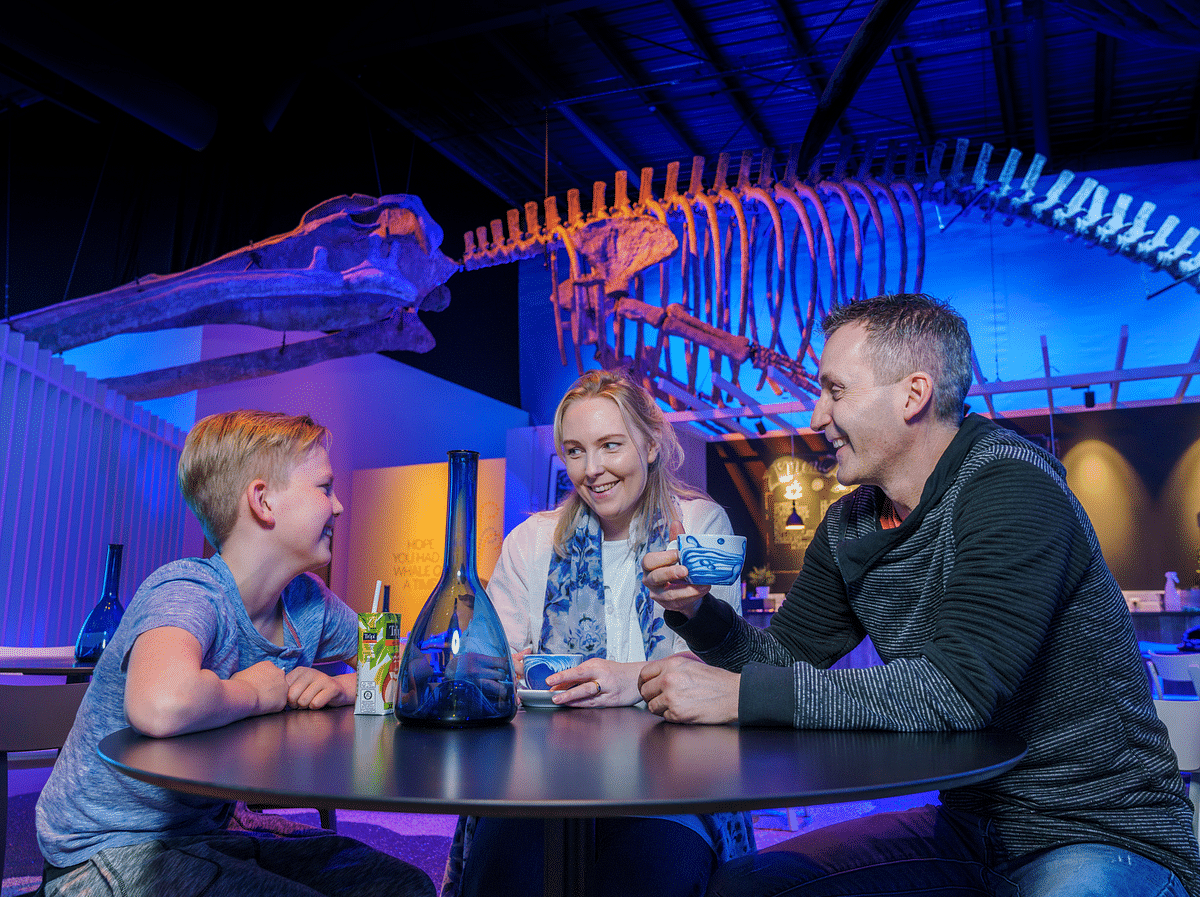
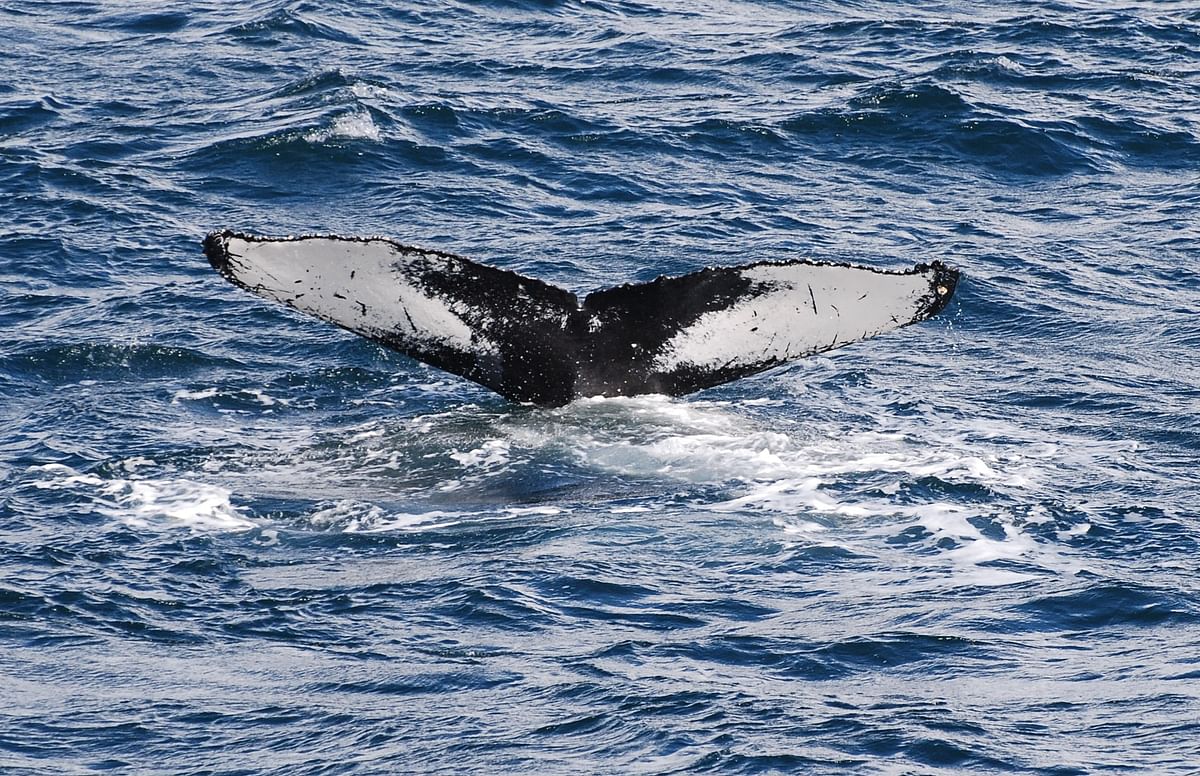
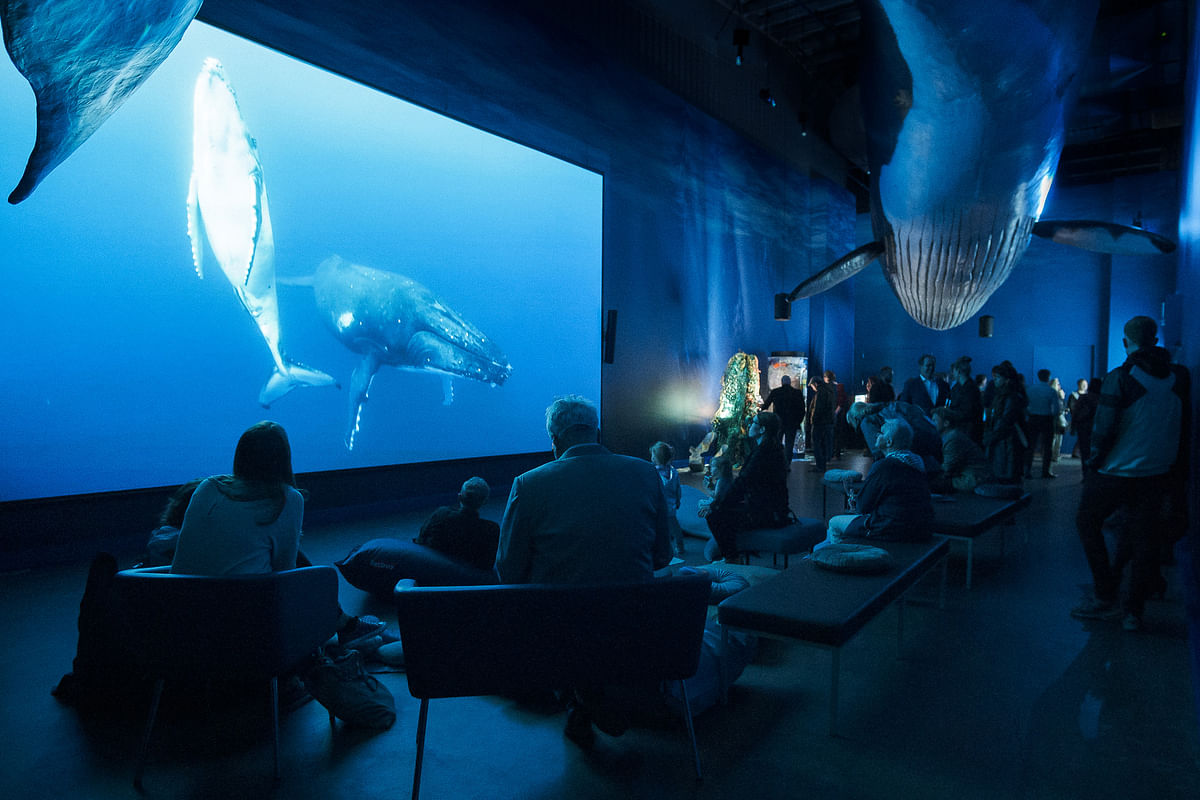
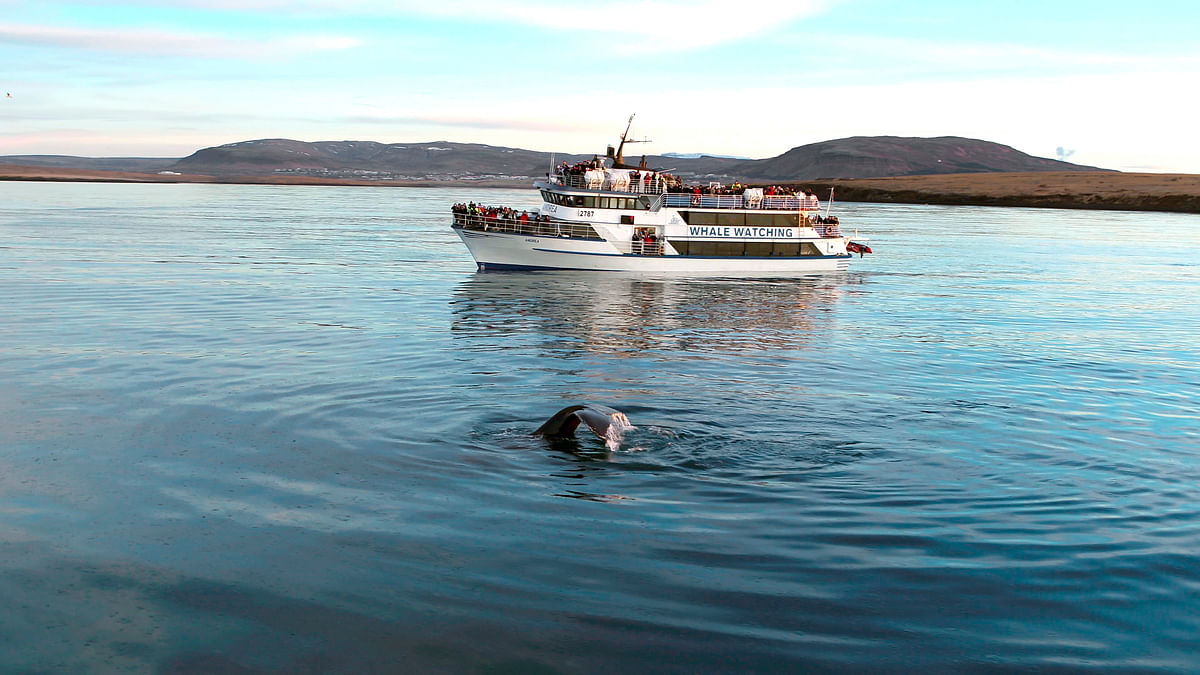







Reviews
There are no reviews yet.